Luxembourg
Discover Luxembourg
Luxembourg a European Gem. Luxembourg, officially the Grand Duchy of Luxembourg, is a small landlocked country in Western Europe. Bordered by Belgium to the west and north, Germany to the east, and France to the south, Luxembourg is renowned for its stunning natural landscapes, rich history, and vibrant cultural scene.
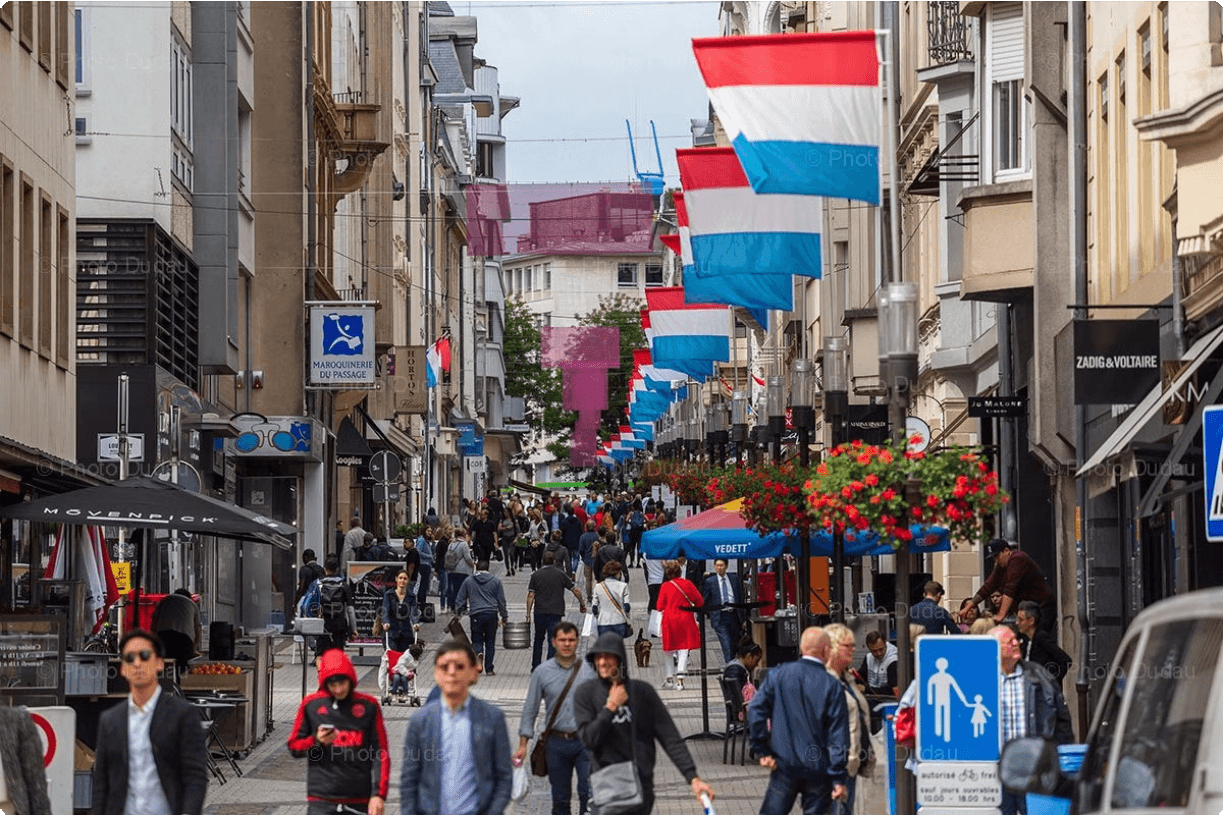
The country is a constitutional monarchy with a parliamentary democracy, and it is one of the world’s safest and most prosperous nations. In addition to its political and economic significance, Luxembourg is home to UNESCO World Heritage sites, medieval castles, and charming towns waiting to be explored.
Experience the fusion of ancient tradition and modern innovation, and immerse yourself in the unique charm of Luxembourg.
Flag of Luxembourg
National Symbol
The flag of Luxembourg is a national symbol that dates back to 1845, reflecting the country’s history and identity. The flag consists of three horizontal stripes – red, white, and light blue. The colors have historical significance, with red symbolizing strength, white representing peace, and light blue embodying loyalty and perseverance.
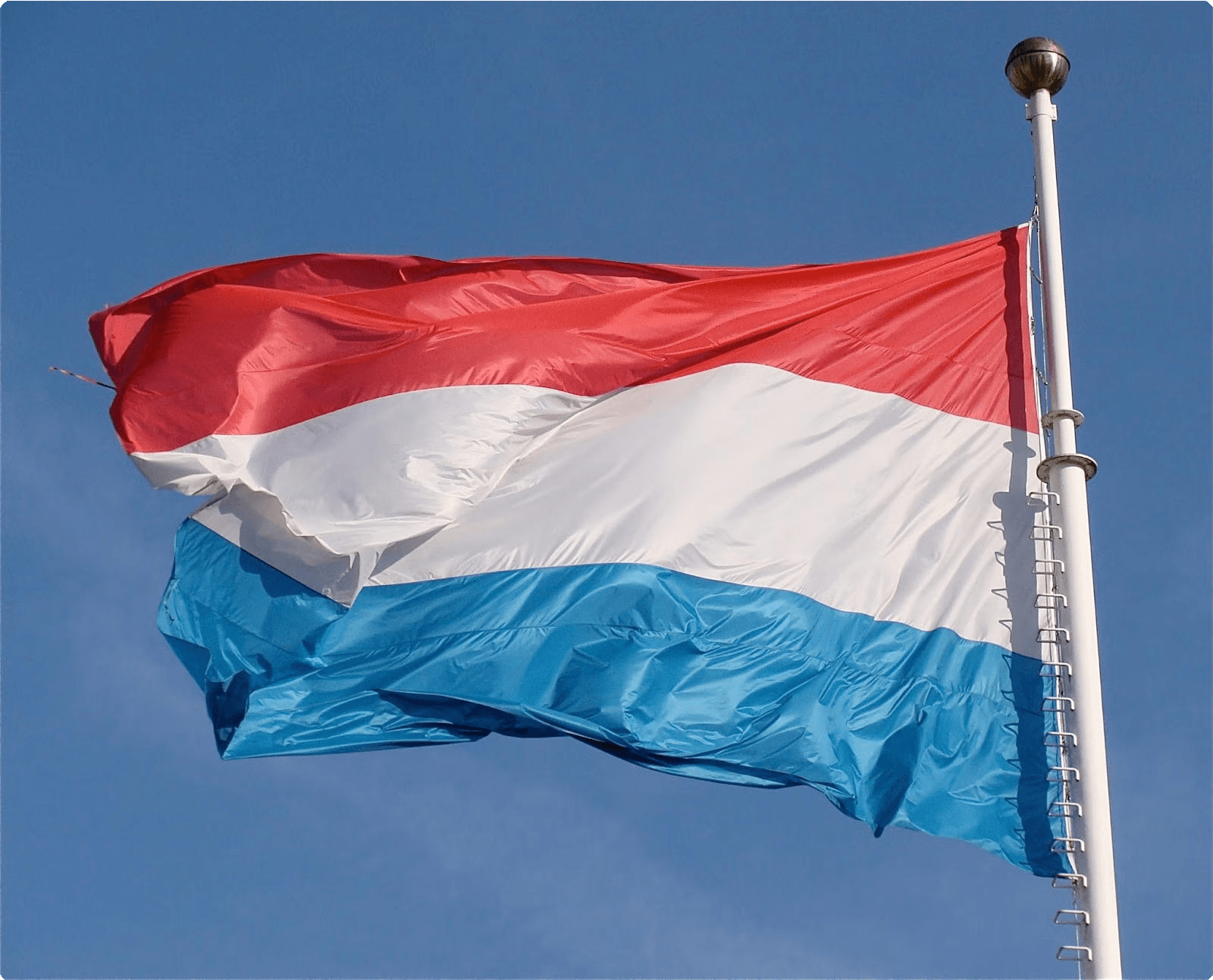
National Pride
The Luxembourgish flag is a source of national pride and is prominently displayed during state events, public celebrations, and sporting competitions. It serves as a unifying symbol that evokes a sense of patriotism and solidarity among the people of Luxembourg.
Cultural Representation
Beyond its official and ceremonial use, the flag of Luxembourg holds cultural significance, appearing in traditional costumes, artwork, and design motifs. It carries the spirit and heritage of the Luxembourgish people, illustrating their rich cultural traditions and sense of belonging.
Map of Luxembourg
Luxembourg, a small European country, is characterized by its beautiful landscapes and rich history. The map of Luxembourg showcases its strategic location bordered by Belgium, France, and Germany. The country’s capital, Luxembourg City, is known for its stunning medieval old town and fortifications.

The map also highlights the enchanting Ardennes forest in the north and the picturesque Moselle valley in the southeast. Luxembourg’s well-connected road and rail networks make it easy for travelers to explore the diverse regions, from the charming villages of the Mullerthal to the industrial south.
Currency of Luxembourg
Euro (€)
The official currency of Luxembourg is the Euro (€). It has been in circulation since 2002 when Luxembourg adopted the currency along with several other European countries. The Euro is denoted by the symbol € and is divided into 100 cents.
Banknotes and Coins
Banknotes in Luxembourg come in different denominations, including €5, €10, €20, €50, €100, €200, and €500. Additionally, coins are available in denominations of 1, 2, 5, 10, 20, and 50 cents, as well as €1 and €2. The designs on the banknotes and coins often depict significant European architectural and cultural elements.
Exchange Rates and ATMs
When traveling to Luxembourg, visitors can expect to find ATMs readily available for currency exchange. It’s important for travelers to check the current exchange rates to ensure that they receive the best value for their currency. Many establishments also accept major credit and debit cards.
Economy of Luxembourg
GDP: Luxembourg has one of the highest GDP per capita in the world, driven by a highly developed and dynamic banking sector.
Financial services: The country is known for its significant financial services industry, including banking, investment funds, and insurance.
Steel industry: Historically, Luxembourg had a strong steel industry, but it has diversified into other sectors such as logistics, information, and communication technologies.
Culture of Luxembourg
Linguistic Diversity
Luxembourg’s culture is characterized by its rich linguistic diversity. The country has three official languages: Luxembourgish, French, and German. Each language plays a significant role in different aspects of daily life, from administration and education to interpersonal communication. This linguistic mosaic reflects the country’s history and the coexistence of different cultural influences.
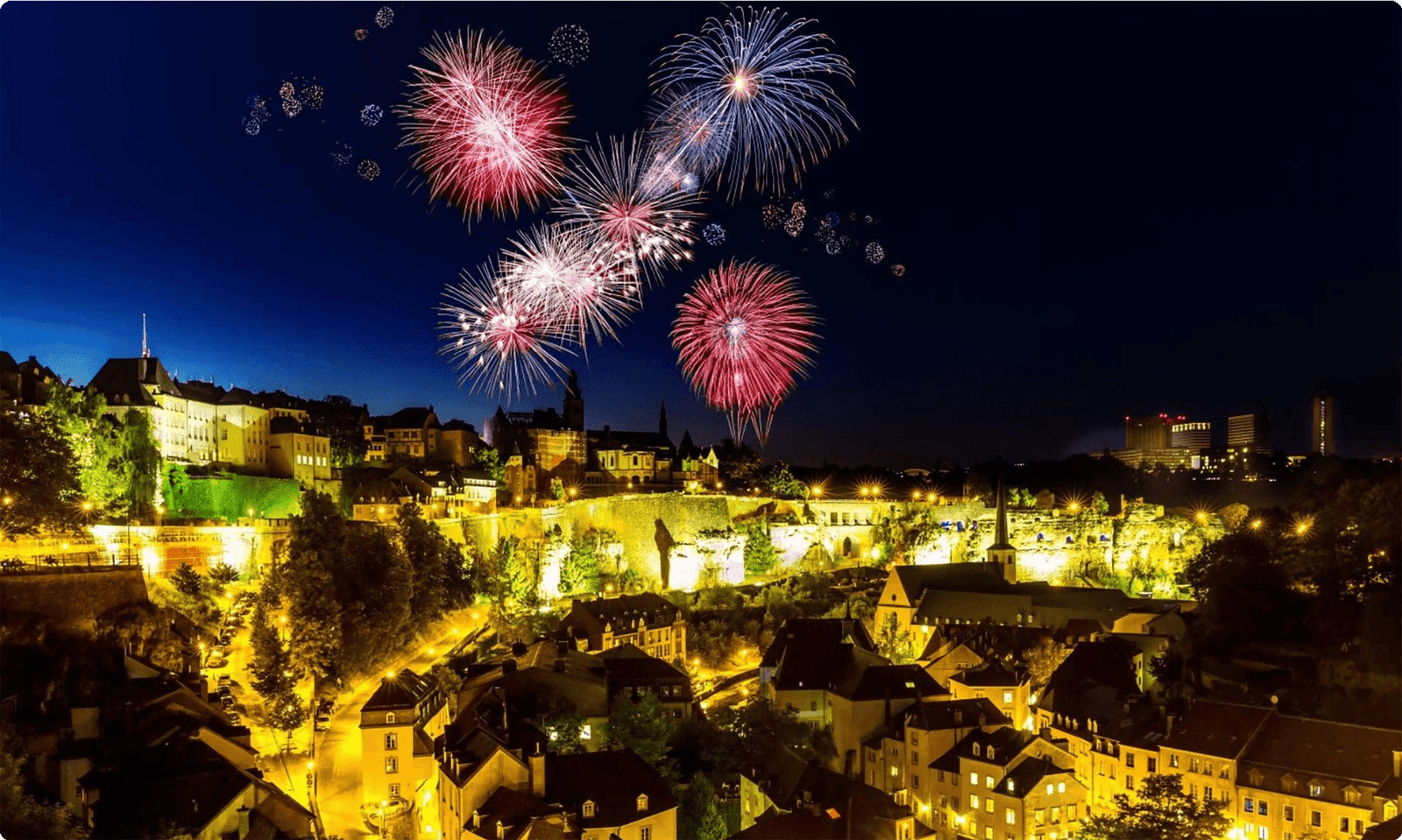
Culinary Traditions
The culinary traditions of Luxembourg are a blend of French, German, and Belgian influences. One of the most famous traditional dishes is ‘Judd mat Gaardebounen’, a hearty pork dish with broad beans.
Additionally, the country is known for its delicious pastries, such as the ‘Aachener Printen’ and ‘Quetschentaart’ (plum tart), which are enjoyed during festive occasions.
Folklore and Festivals
Luxembourg’s culture is enriched by vibrant folklore and traditional festivals. One prominent celebration is the ‘Buergbrennen’ (Bonfire Night), a tradition where large bonfires are lit on the first Sunday of Lent, symbolizing the end of winter. The ‘Schueberfouer’ is another beloved event, featuring amusement rides, food stalls, and entertainment, attracting locals and tourists alike.
Traditional Dances in Luxembourg
Polka
The polka is a lively and spirited traditional dance that has been embraced by the people of Luxembourg for generations. Originating in the Czech lands, the polka found its way into Luxembourg and became a beloved part of the country’s cultural heritage. Dancers move gracefully to the upbeat rhythm, showcasing their skills and exuberance.
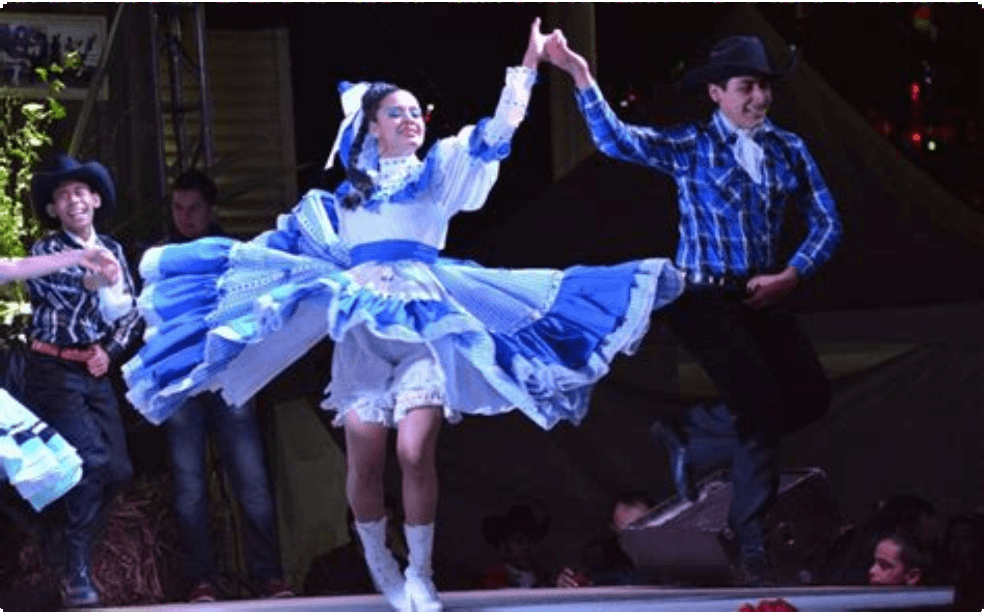
Waltz
The waltz is an elegant and romantic dance form that holds a special place in Luxembourg’s traditional dance repertoire. With its graceful movements and flowing steps, the waltz has been passed down through the generations, captivating audiences with its beauty and charm.
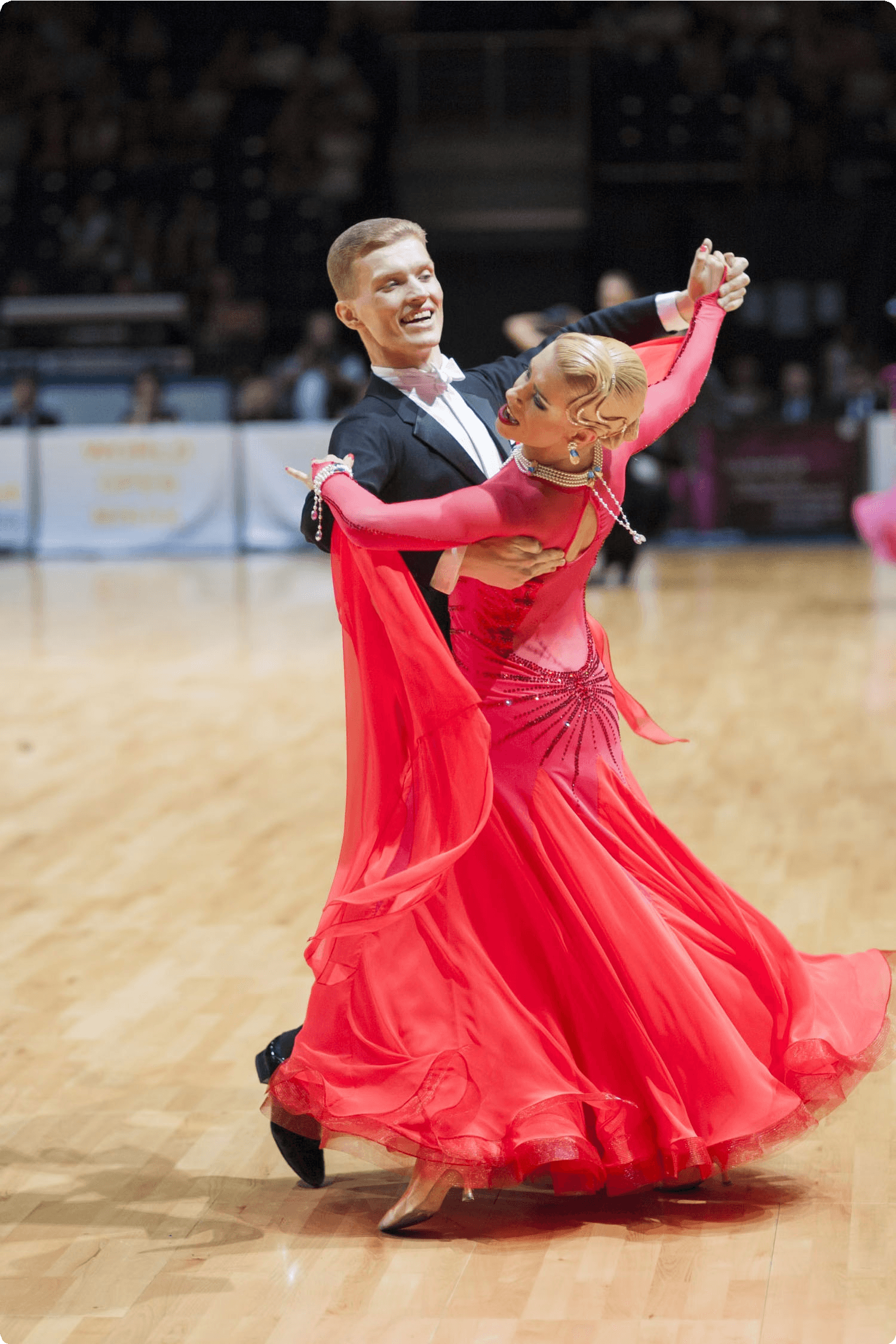
Polonaise
The polonaise is a stately and ceremonial dance that has been performed at formal events and celebratory occasions in Luxembourg. Dancers move in an elegant procession, reflecting the rich history and traditions of the country, making the polonaise a symbol of cultural pride.
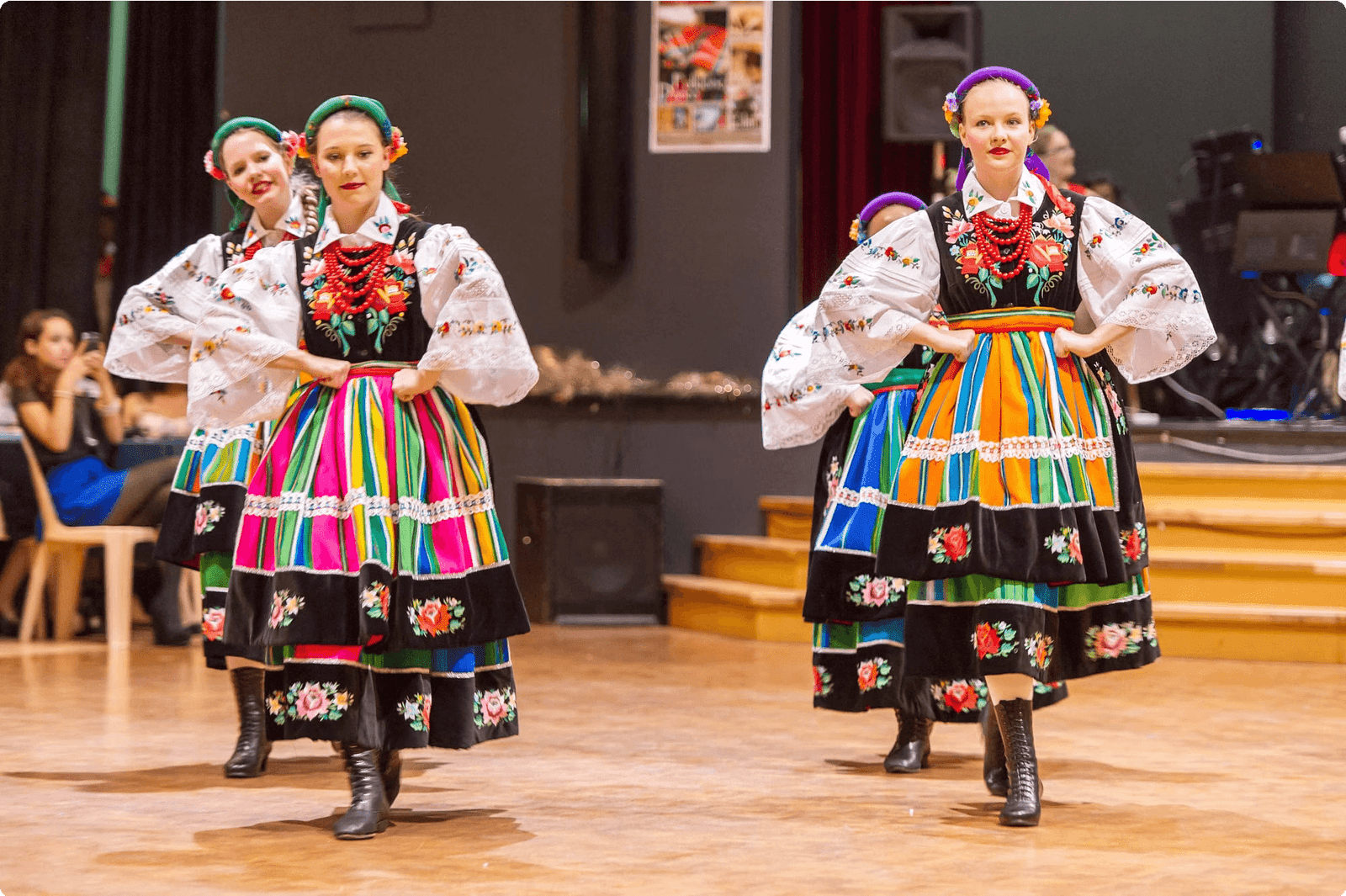
Famous Food in Luxembourg
Luxembourg is known for its unique blend of French, German, and Belgian culinary influences, resulting in a diverse and delicious gastronomy. One of the most famous dishes is Judd mat Gaardebounen, a hearty dish made with smoked pork collar and broad beans, often accompanied by potatoes. Another iconic dish is Bouneschlupp, a green bean soup with potatoes, bacon, and onions, seasoned with thyme and marjoram, offering a comforting and rich flavor.
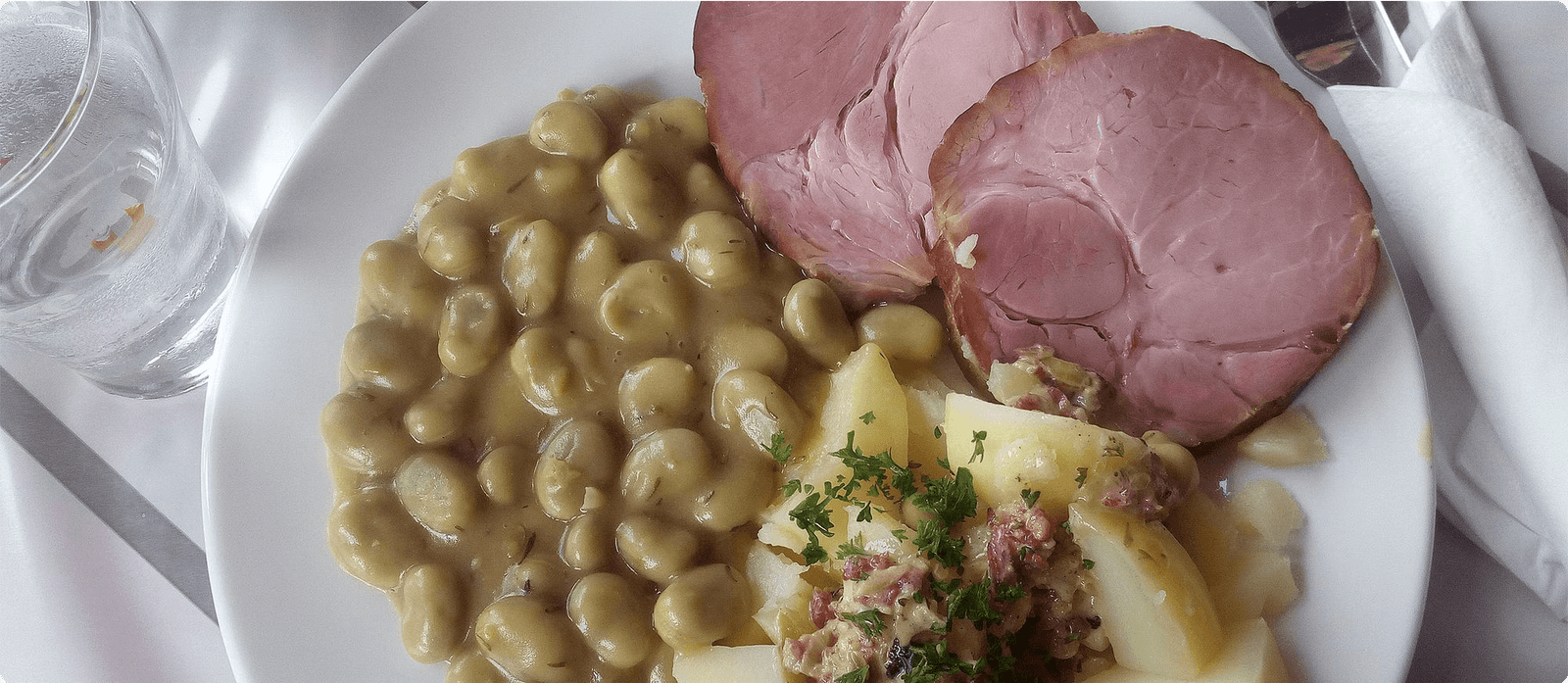
In addition to savory delights, Luxembourg is renowned for its delectable pastries, with the Gromperekichelcher taking the spotlight. These are potato fritters with a crispy exterior and a soft, savory interior, often served with applesauce. To satisfy a sweet tooth, the Quetschentaart, a plum tart with a flaky crust, is a popular choice among locals and visitors alike.
Famous Celebrities from Luxembourg
Martine Carol
Martine Carol was a renowned French film actress of Luxembourgish descent. She gained international fame for her roles in films such as “Lola Montès” and “Nana”. Her captivating performances and elegance made her a celebrated figure in the golden age of French cinema.
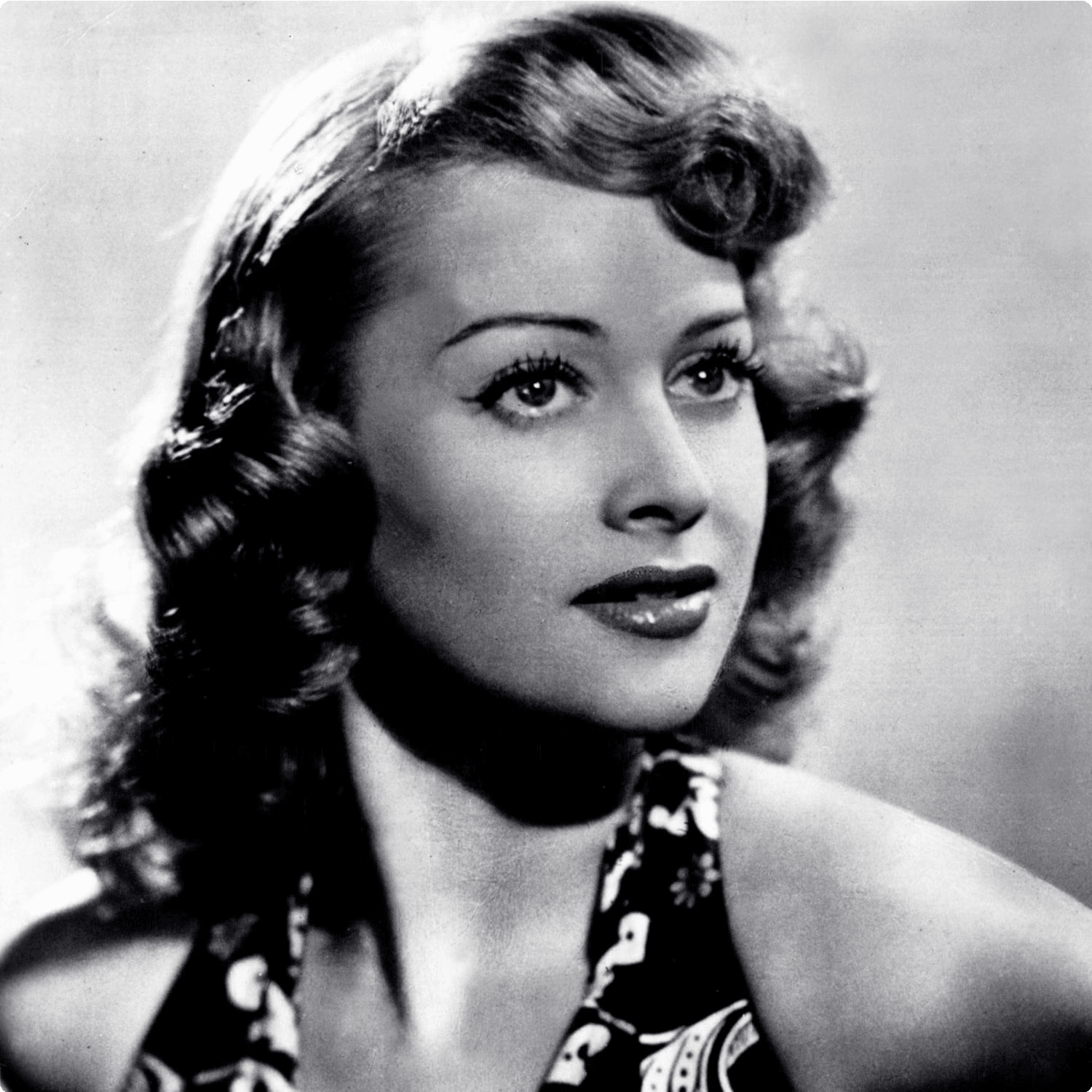
Michel Majerus
Michel Majerus was a highly influential Luxembourgish contemporary artist known for his innovative and bold artwork. His unique blend of graffiti-style and pop culture references captured the attention of the art world, establishing him as a significant figure in modern art.
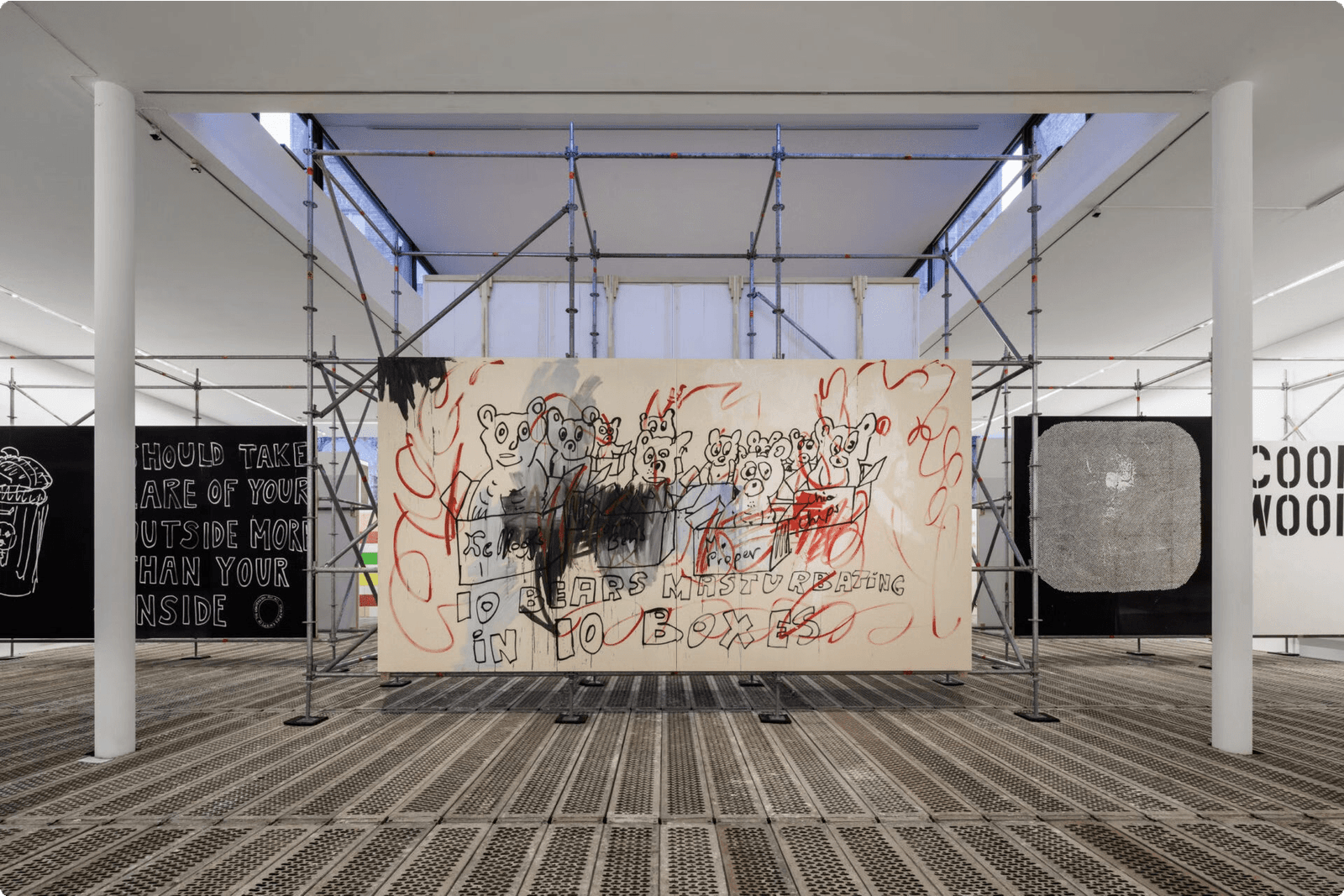
Gilles Müller
Gilles Müller is a well-known Luxembourgish tennis player who has achieved significant success on the ATP tour. His powerful serve and competitive spirit have earned him admiration from tennis enthusiasts around the world, and he remains an inspiring figure in the sports community.
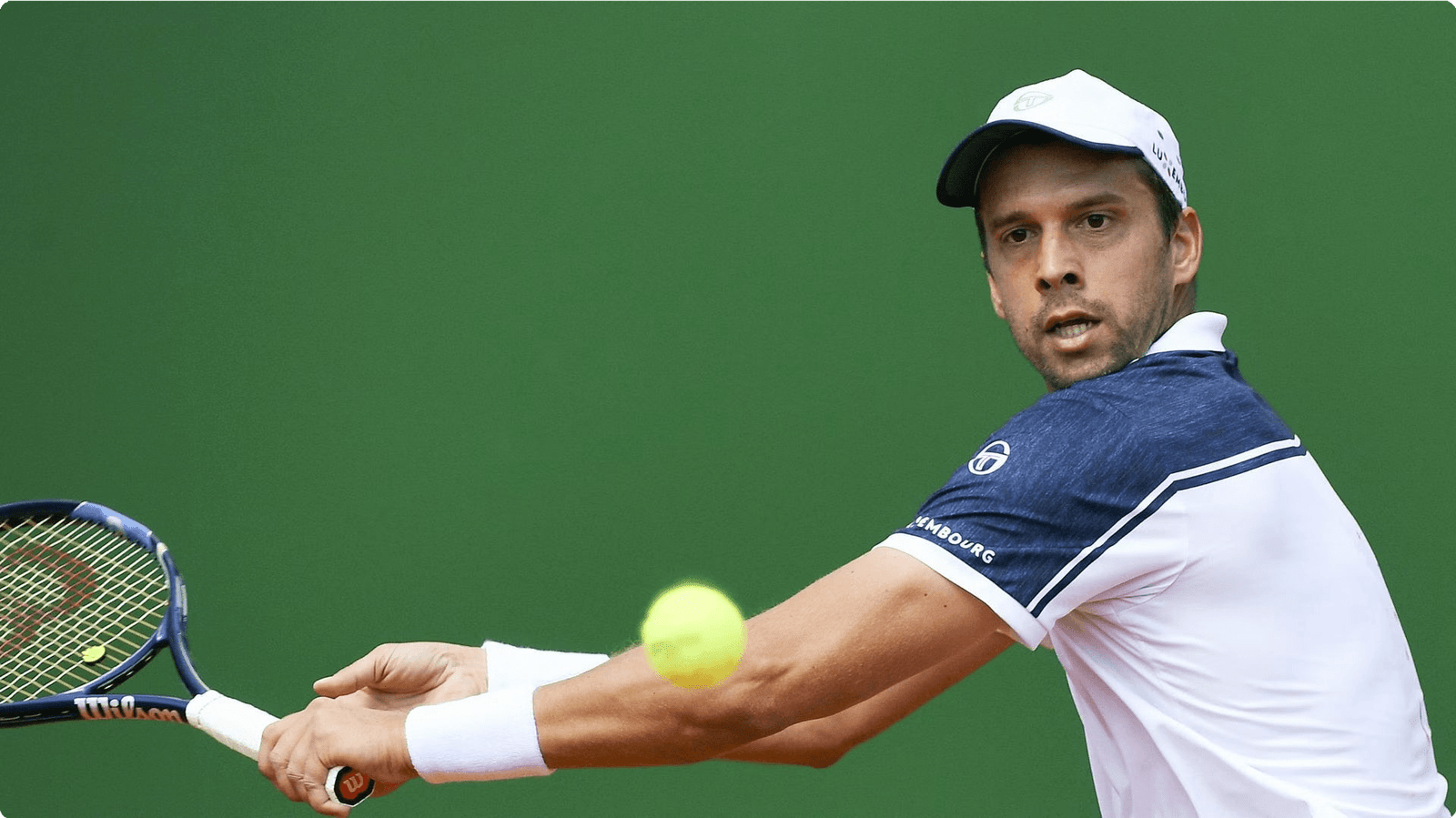
Anise Koltz
Anise Koltz is a celebrated Luxembourgish poet and writer, known for her evocative and introspective literary works. Her profound exploration of human emotions and societal themes has earned her widespread acclaim, making her a prominent figure in the world of literature.
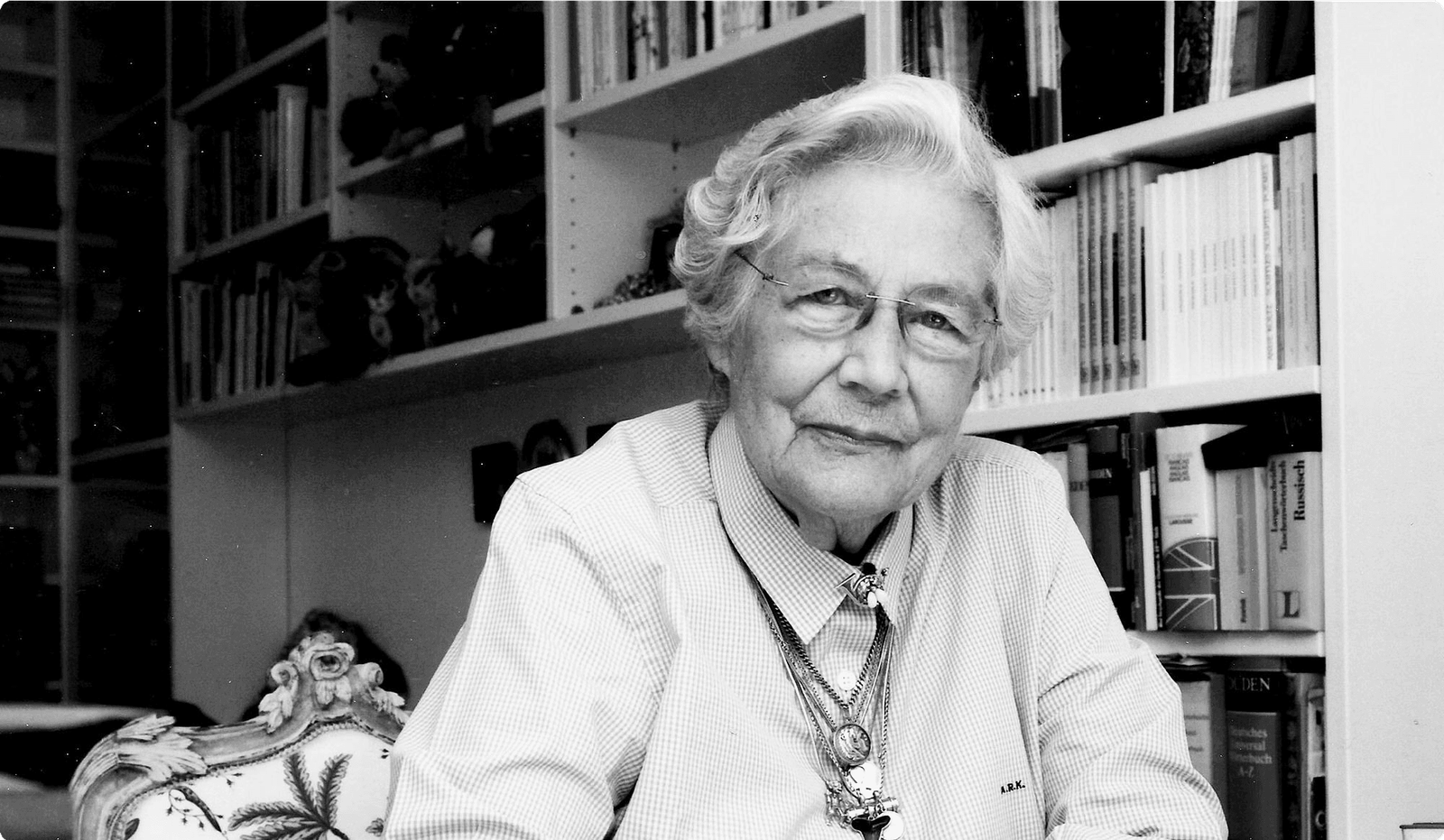
Best Cities to Visit in Luxembourg
Luxembourg City
Luxembourg City is the capital and largest city of the country, known for its stunning Old Town and medieval fortifications. Visitors can explore the iconic Bock Casemates, a network of underground tunnels and galleries, and enjoy panoramic views of the city from the Chemin de la Corniche, often called “Europe’s most beautiful balcony.” The Grand Ducal Palace, Notre-Dame Cathedral, and the lively Grund district are must-visit attractions.
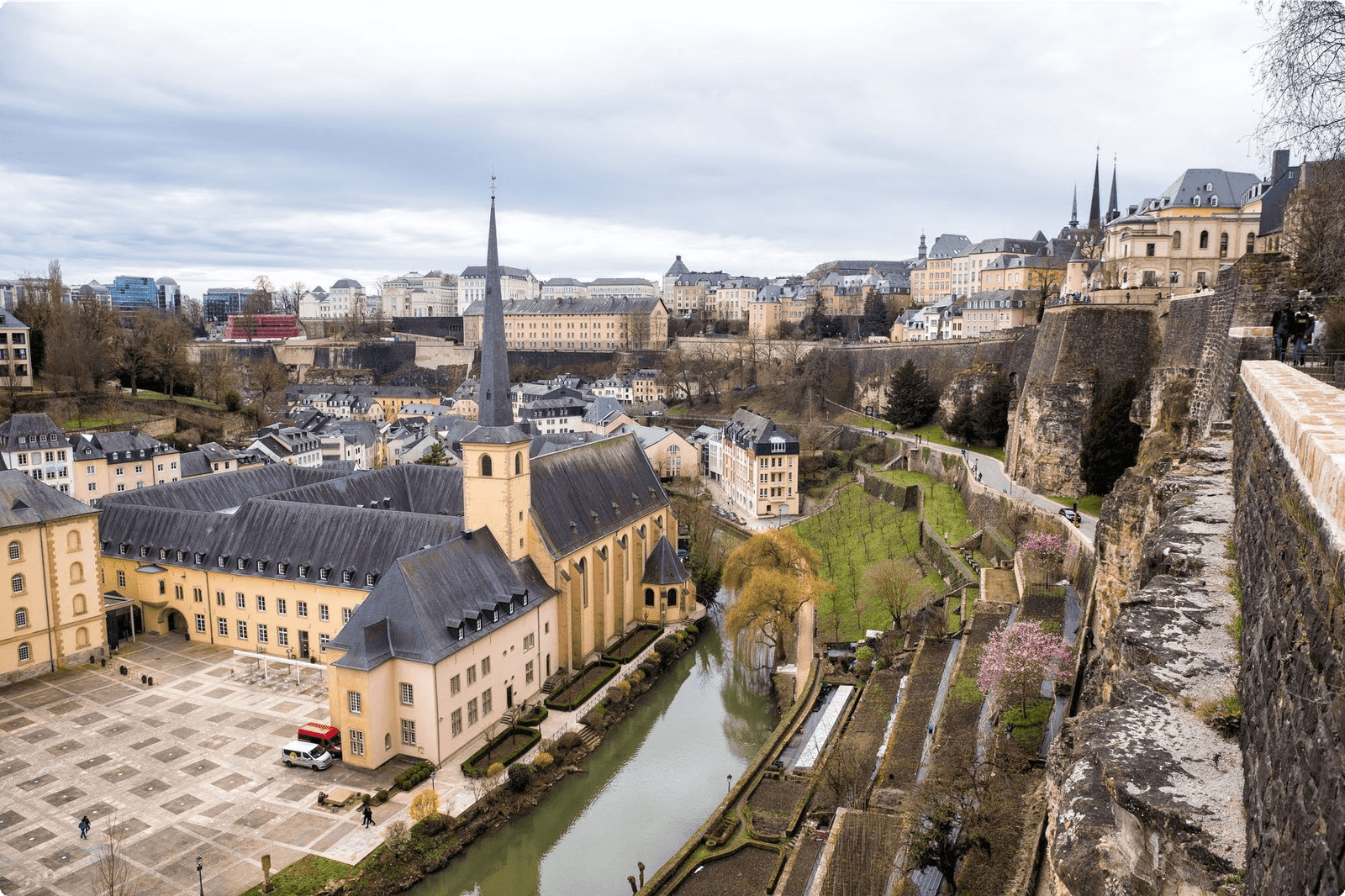
For more pictures click here
Vianden
The picturesque town of Vianden is famous for its well-preserved medieval castle, perched on a hill overlooking the Our River. The charming cobblestone streets, traditional houses, and the chairlift ride offering breathtaking views make Vianden a delightful destination for history enthusiasts and nature lovers alike.
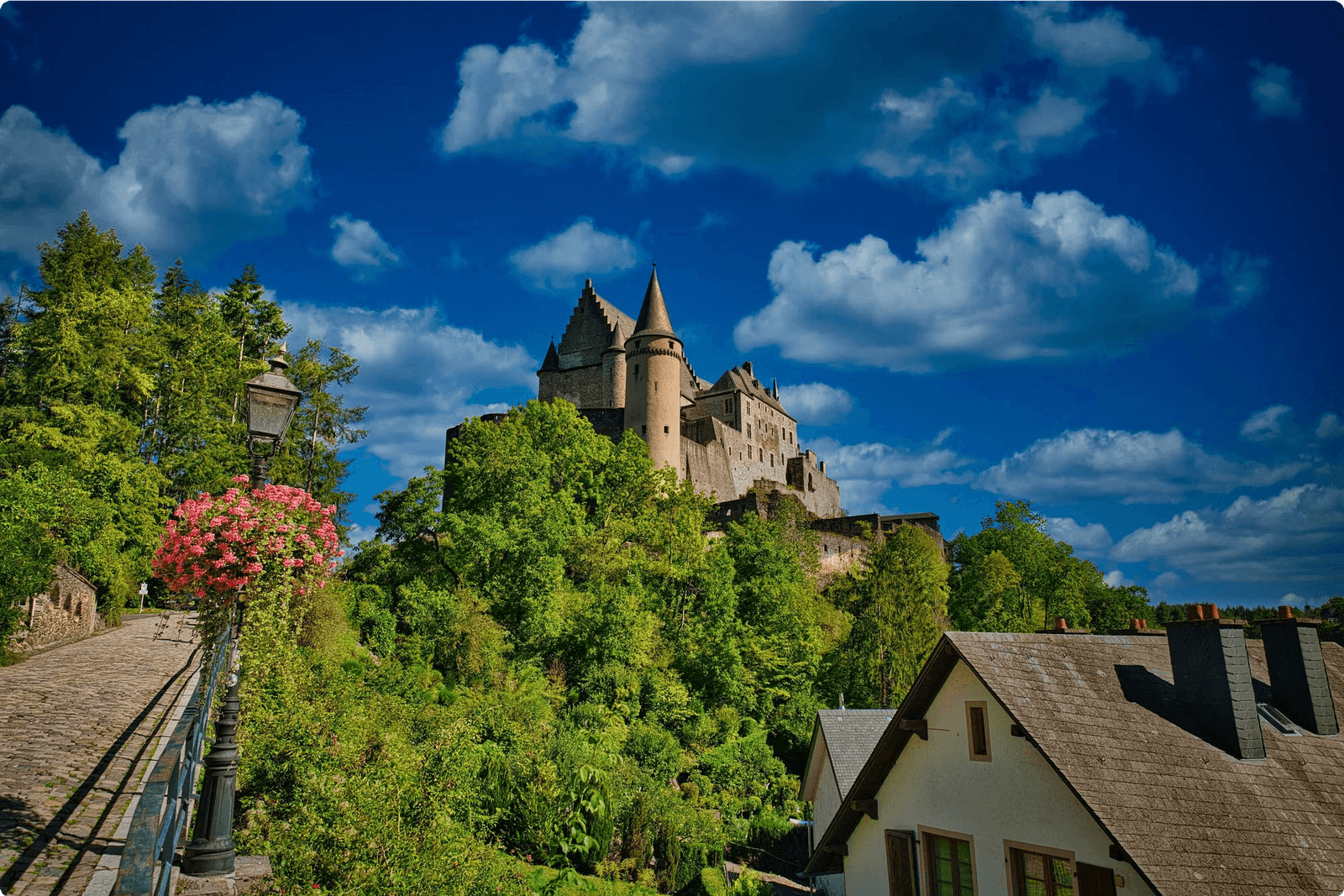
Echternach
Echternach, the oldest town in Luxembourg, is renowned for its stunning Abbey of Echternach and the serene Echternach Lake. The town is also a gateway to the Mullerthal Trail, known as “Little Switzerland,” offering scenic hiking and picturesque rock formations that attract outdoor adventurers and nature enthusiasts.
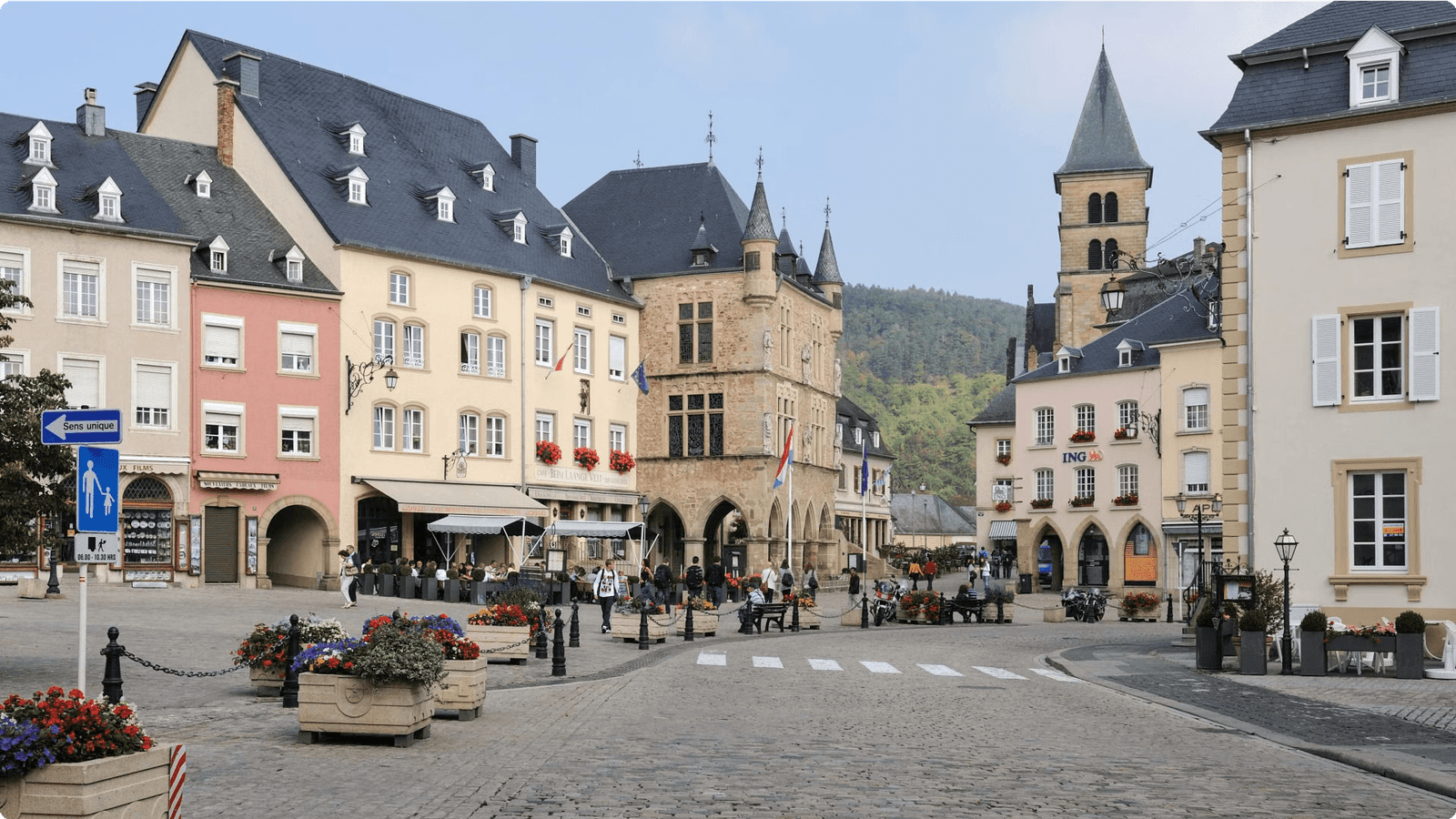
Top Tourist Attractions in Luxembourg
Bock Casemates
The Bock Casemates are a series of underground tunnels and chambers that served as a defensive fortification and shelter during various periods of history. Visitors can explore this expansive network and learn about Luxembourg’s military past.
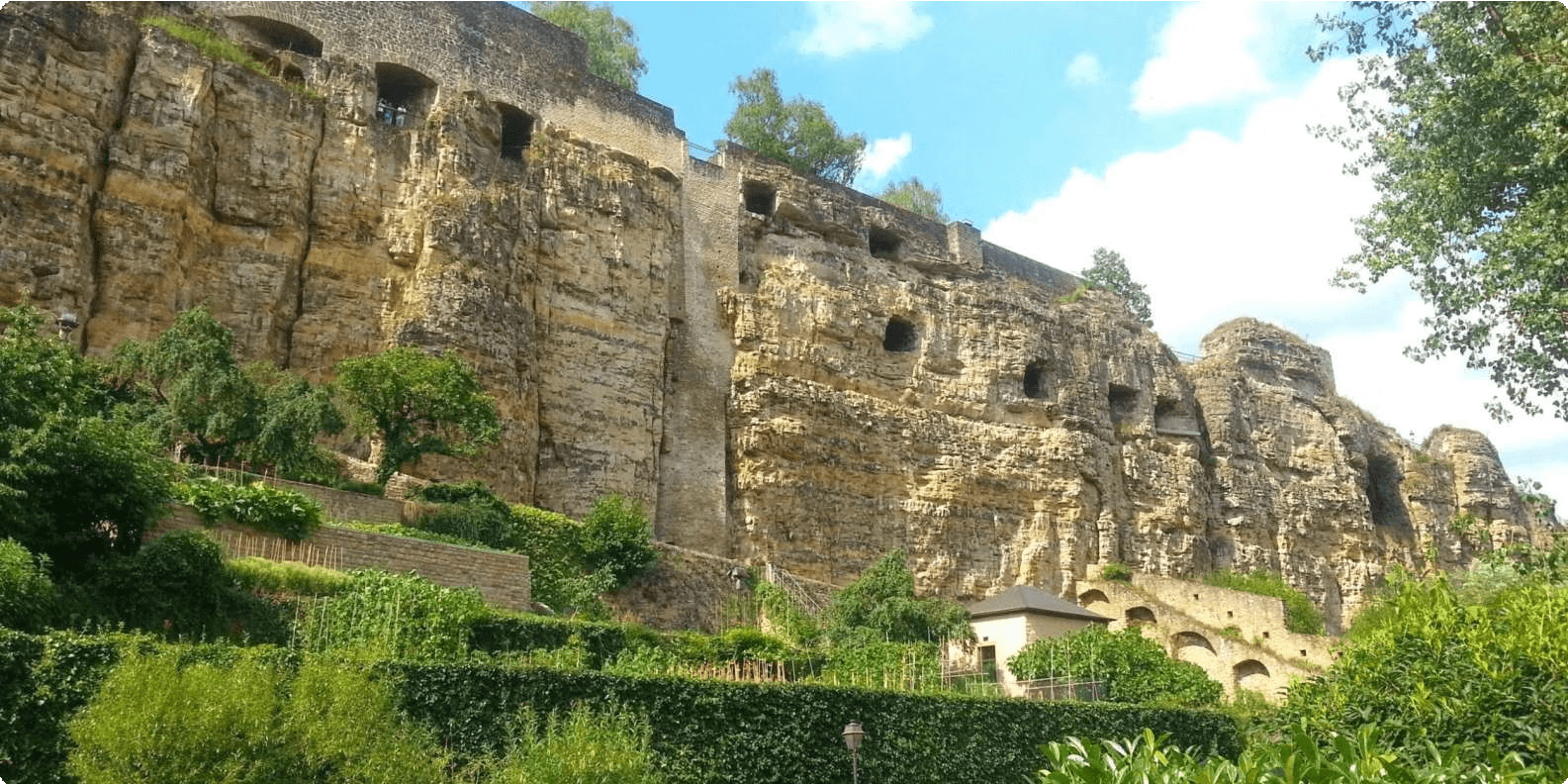
Vianden Castle
Perched on a hilltop overlooking the picturesque town of Vianden, this medieval castle is a stunning example of European feudal architecture. It offers panoramic views of the surrounding countryside and a glimpse into the region’s rich history.
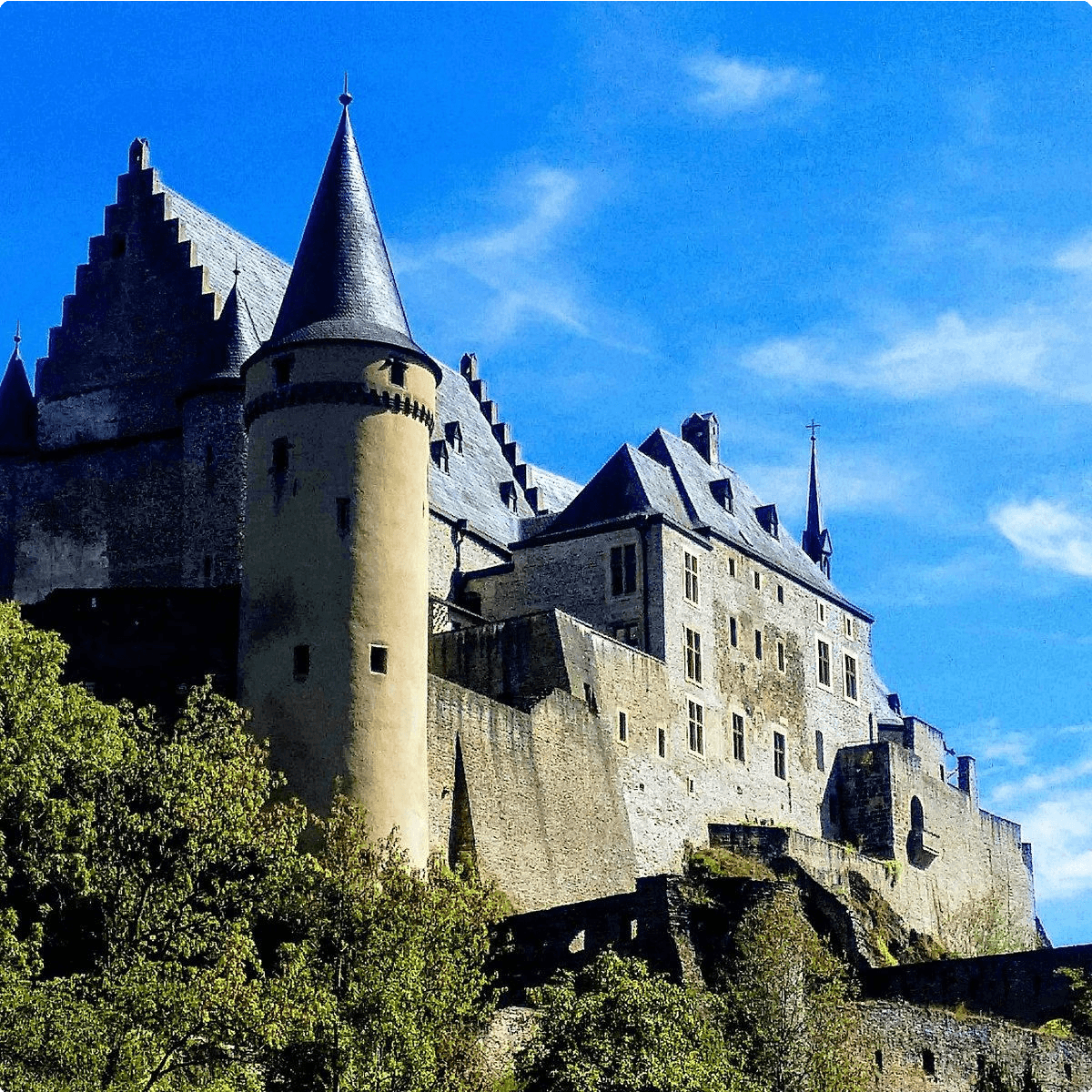
Grand Ducal Palace
The official residence of the Grand Duke of Luxembourg, this palace is known for its beautiful architecture and opulent interiors. Guided tours are available to explore the state rooms and learn about the royal family.
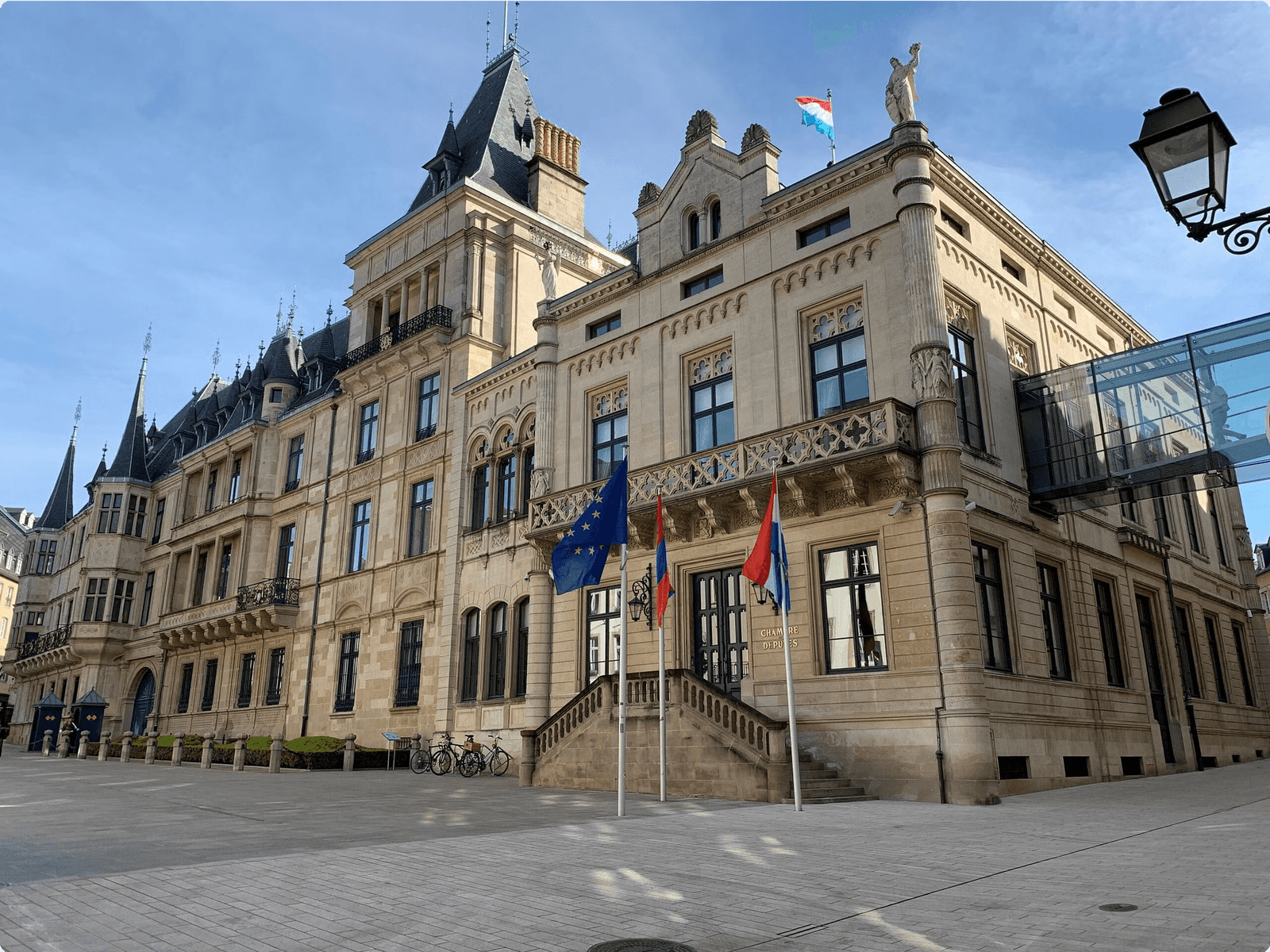
Mullerthal Trail
Known as “Little Switzerland,” the Mullerthal region offers breathtaking hiking trails through lush forests, stunning rock formations, and charming villages. Nature lovers and outdoor enthusiasts will find this region a paradise.
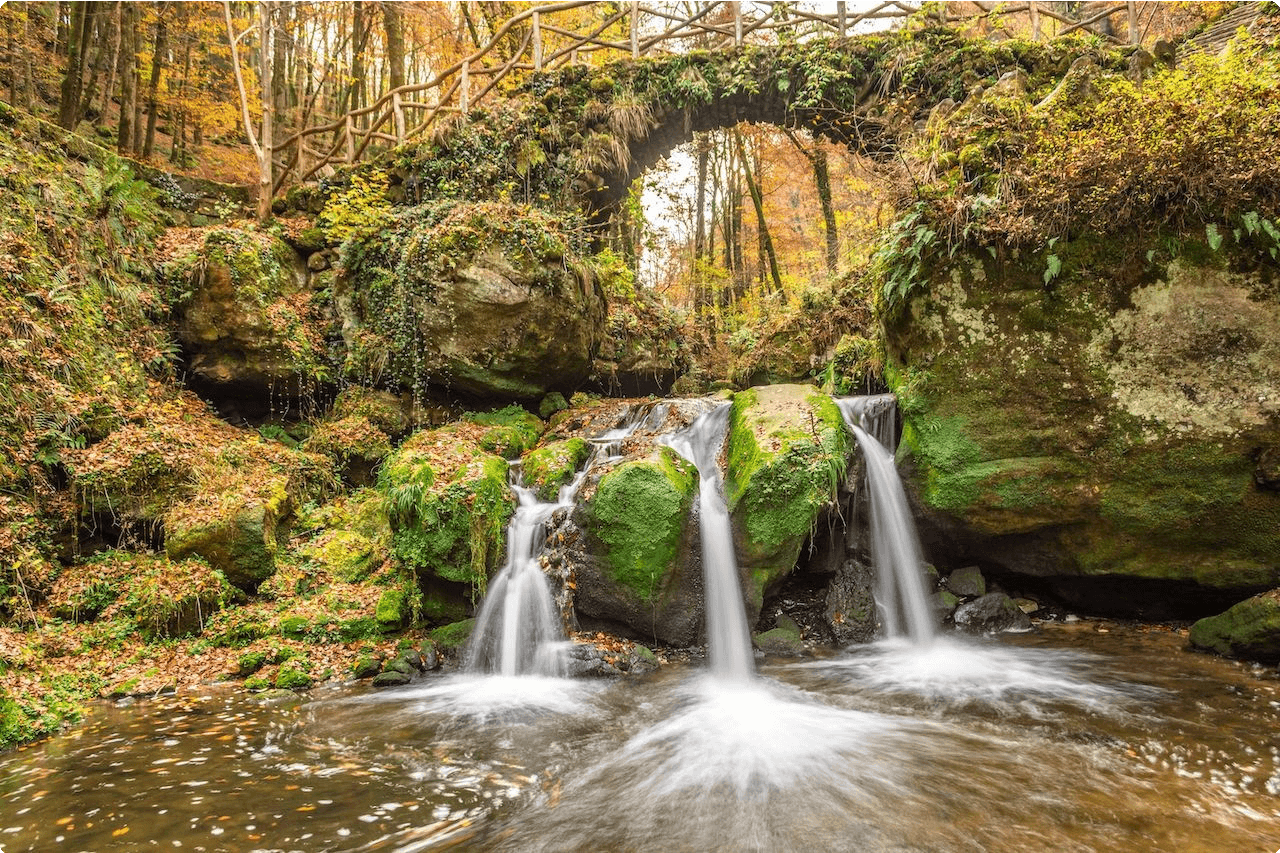
Historical sites in Luxembourg
Bock Casemates
Ancient underground tunnels and fortifications
Vianden Castle
A well-preserved medieval castle overlooking the picturesque town of Vianden
Grund District
Quaint historic area with charming cobblestone streets and traditional architecture
Echternach Abbey
One of the oldest Christian monasteries in Europe with a rich history dating back to the 7th century
Luxembourg is home to a diverse range of historical sites that offer a glimpse into the country’s rich heritage. The Bock Casemates, a network of ancient underground tunnels and fortifications, provides an intriguing look into the country’s military history. The Vianden Castle, a magnificent medieval fortress, stands as a testament to Luxembourg’s medieval past and offers breathtaking views of the surrounding area. In the heart of Luxembourg City lies the Grund District, a historic area with preserved traditional architecture and cobblestone streets, perfect for exploring the country’s cultural heritage. Furthermore, the Echternach Abbey, dating back to the 7th century, stands as one of the oldest Christian monasteries in Europe, showcasing a deep-rooted history and architectural significance.
Natural Landmarks in Luxembourg
Guttland Region
Known for its rolling hills and picturesque landscapes
Mullerthal Trail
Winding pathways through stunning rock formations and lush greenery
Moselle Valley
Scenic vineyards and charming villages along the river
Luxembourg is home to an array of breathtaking natural landmarks that showcase the diverse beauty of the country. The Guttland Region, with its rolling hills and picturesque landscapes, offers a tranquil escape into nature. The Mullerthal Trail, also known as “Little Switzerland,” features winding pathways through stunning rock formations and lush greenery, providing hikers with an immersive experience in the heart of nature. Additionally, the Moselle Valley boasts scenic vineyards and charming villages along the river, creating a picturesque setting for leisurely walks and wine tastings. Each of these natural landmarks offers a unique and awe-inspiring experience for visitors exploring the natural wonders of Luxembourg.
Museums in Luxembourg
National Museum of History and Art
The National Museum of History and Art in Luxembourg City is a must-visit for history enthusiasts. It houses a rich collection of artifacts, including archaeological finds, medieval sculptures, and historical documents. The exhibits provide a comprehensive look at Luxembourg’s cultural and historical evolution.
Museum of Modern Art Grand-Duc Jean (MUDAM)
MUDAM showcases an impressive collection of contemporary art and design. The striking architecture of the building complements the innovative art inside. Visitors can explore thought-provoking artworks by both established and emerging artists from around the world.
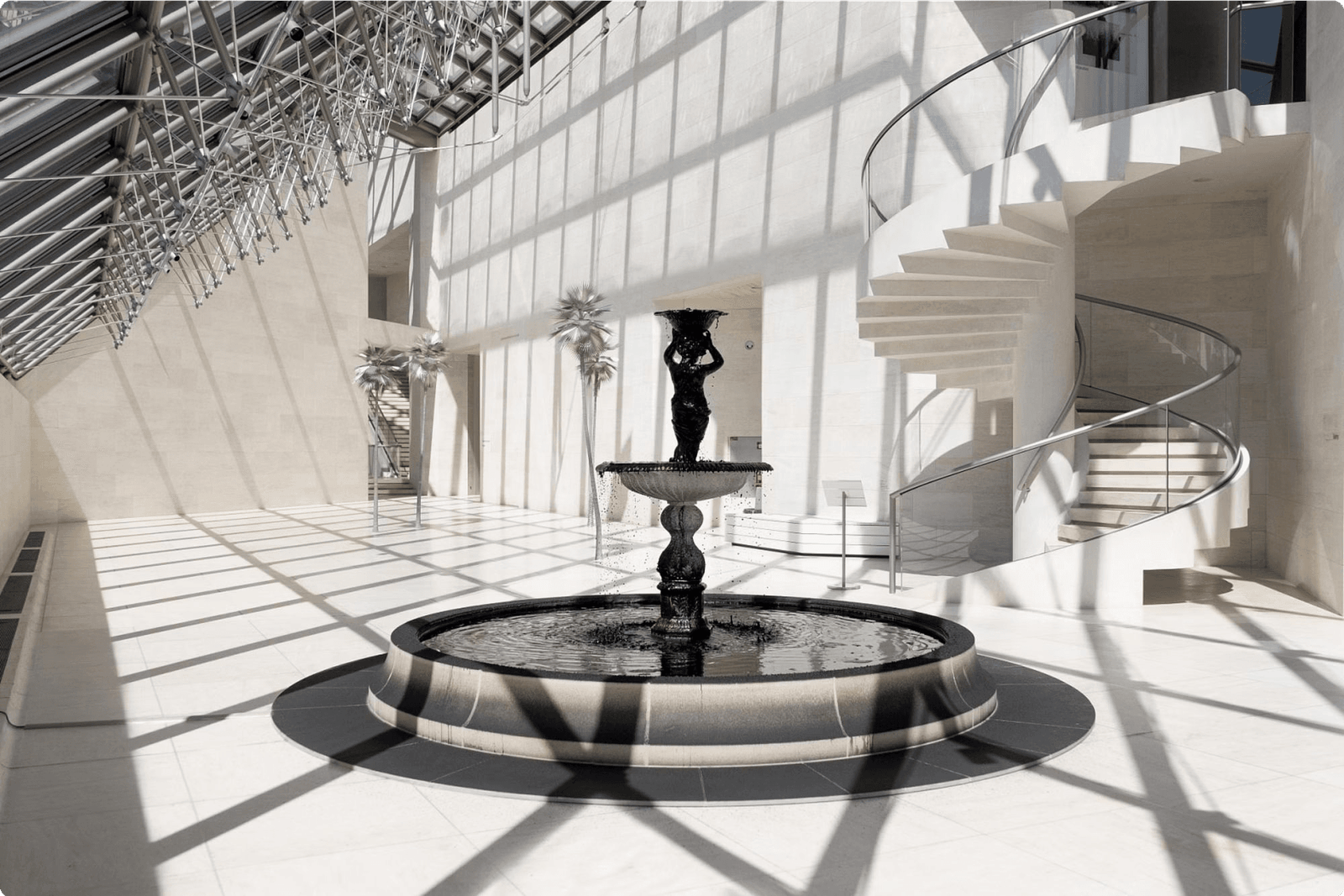
Natural History Museum
The Natural History Museum offers an immersive experience in the natural world. From geological marvels to intricate biodiversity, the museum highlights the stunning ecosystems and wildlife found in and around Luxembourg. Interactive displays make learning engaging for all ages.
Tram and Bus Museum
Transport enthusiasts will delight in the Tram and Bus Museum’s collection of vintage vehicles and historical transport equipment. The museum provides insights into the evolution of public transportation in Luxembourg, offering a unique perspective on urban mobility.
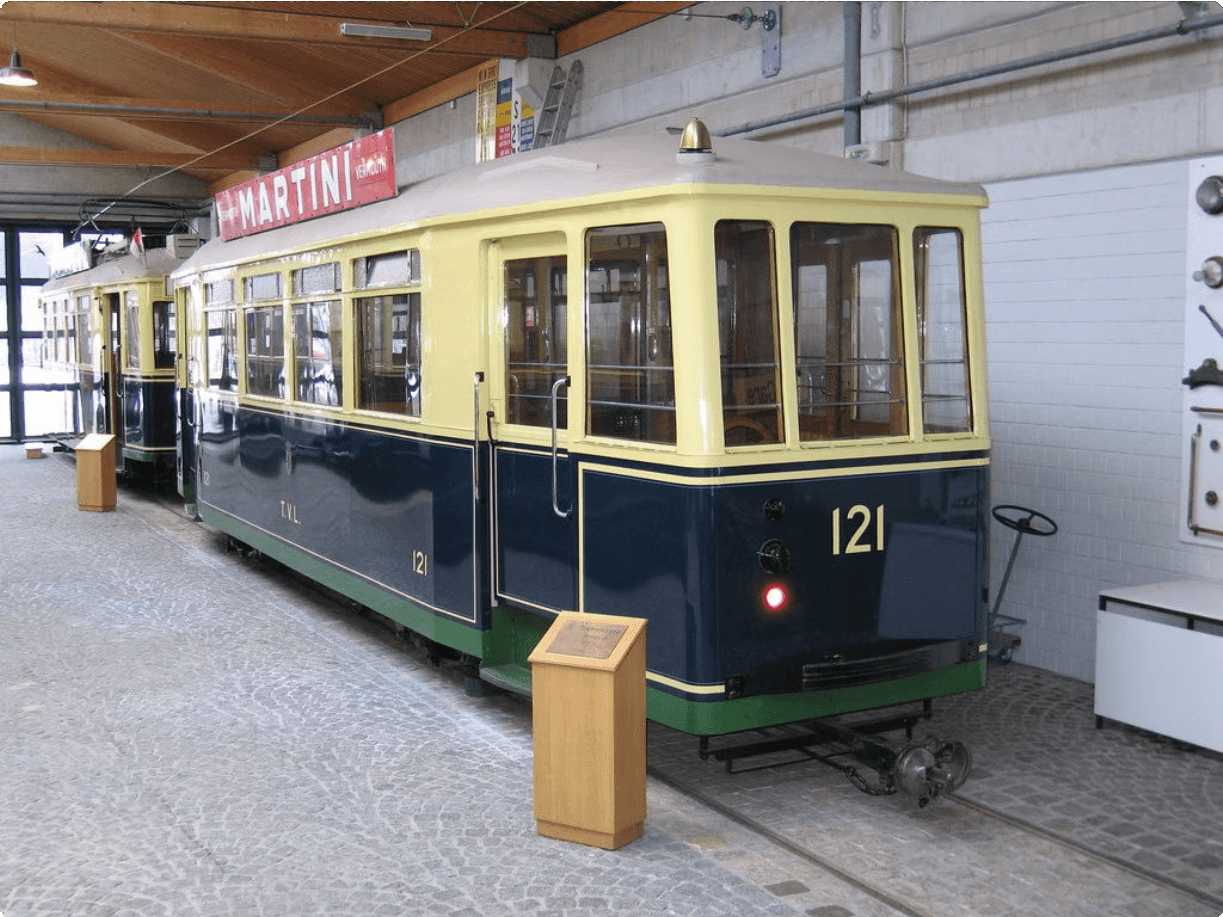
Parks and Gardens in Luxembourg
Luxembourg City Park
Luxembourg City Park is a serene urban oasis located in the heart of Luxembourg City. It features lush green lawns, vibrant flower beds, and charming walkways. Visitors can enjoy a leisurely stroll, have a picnic, or simply relax and admire the natural beauty of the park.

Petrusse Valley Gardens
The Petrusse Valley Gardens offer breathtaking panoramic views of the picturesque Alzette River and the historic architecture of Luxembourg City. The terraced gardens are adorned with colorful blooms, tranquil ponds, and meandering pathways, creating a peaceful and enchanting atmosphere for visitors.
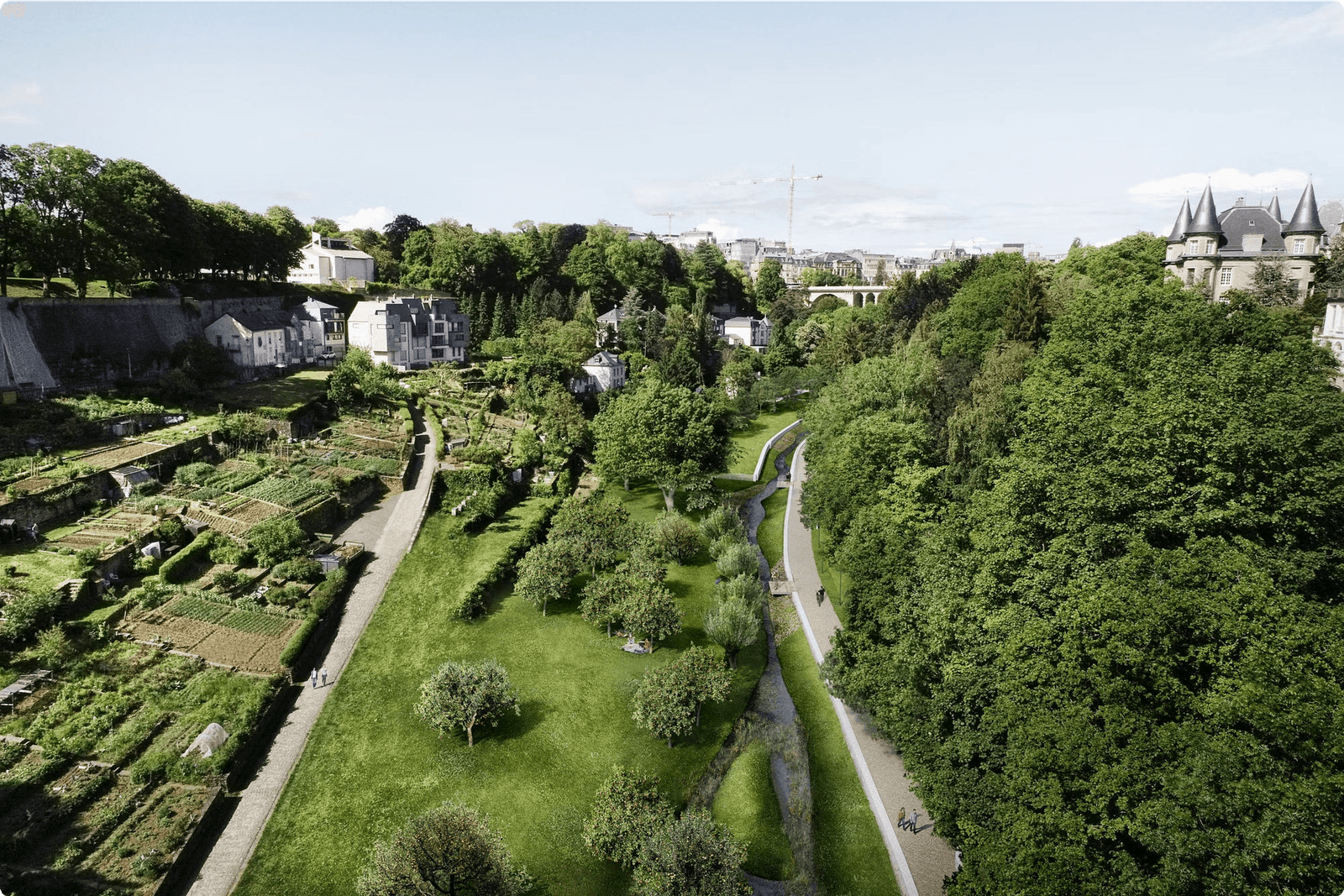
Parc Merveilleux
Parc Merveilleux is a charming family-friendly park located in Bettembourg, offering a delightful combination of enchanting gardens and exciting attractions. It boasts beautifully landscaped grounds, a small zoo, playgrounds, and entertaining shows, making it an ideal destination for visitors of all ages.
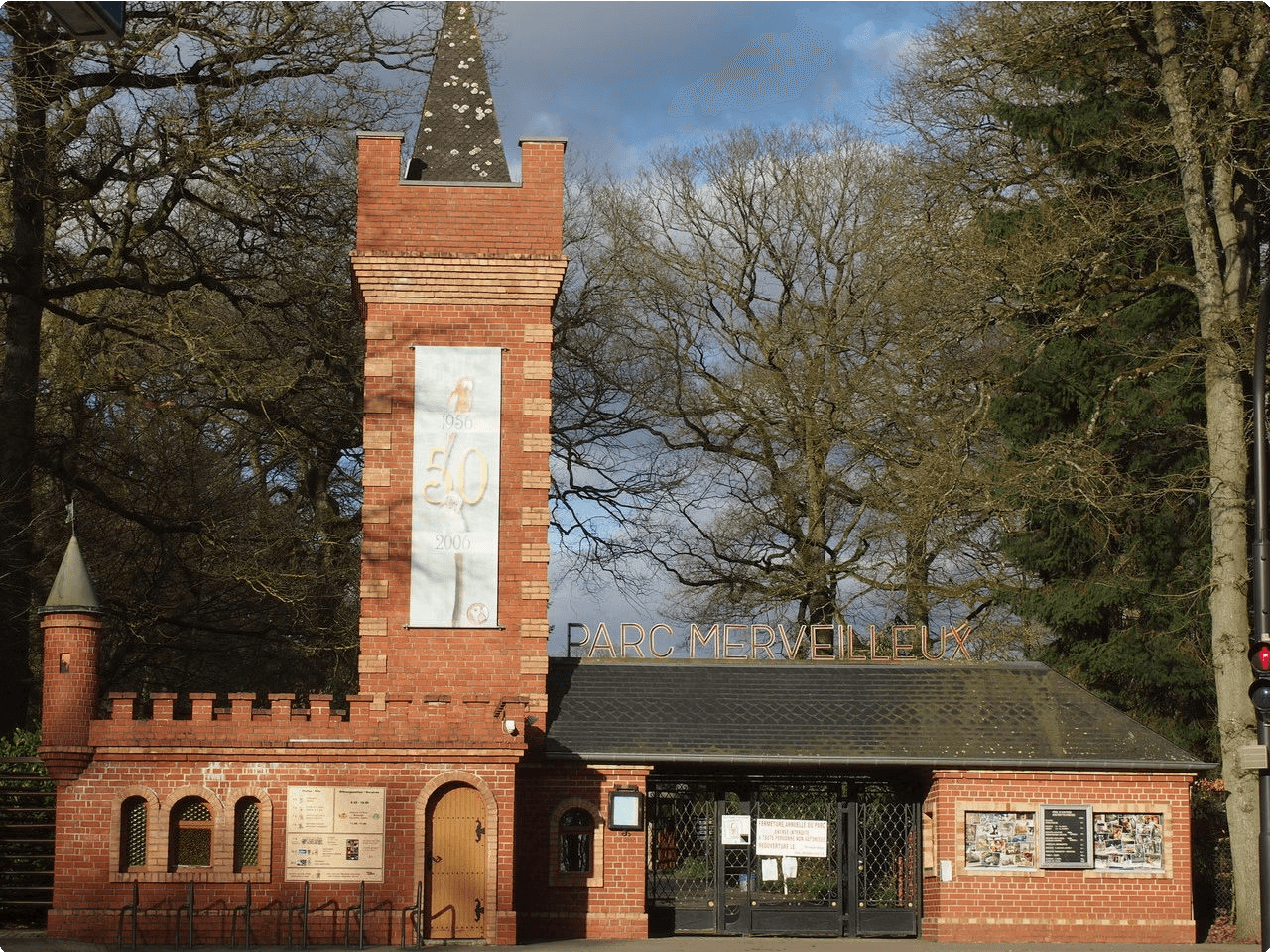
Festivals and Events in Luxembourg
National Day
National Day in Luxembourg, celebrated on June 23rd, marks the official birthday of the Grand Duke and is a significant event for the country. Festivities include a military parade, traditional music performances, and a spectacular fireworks display at night.
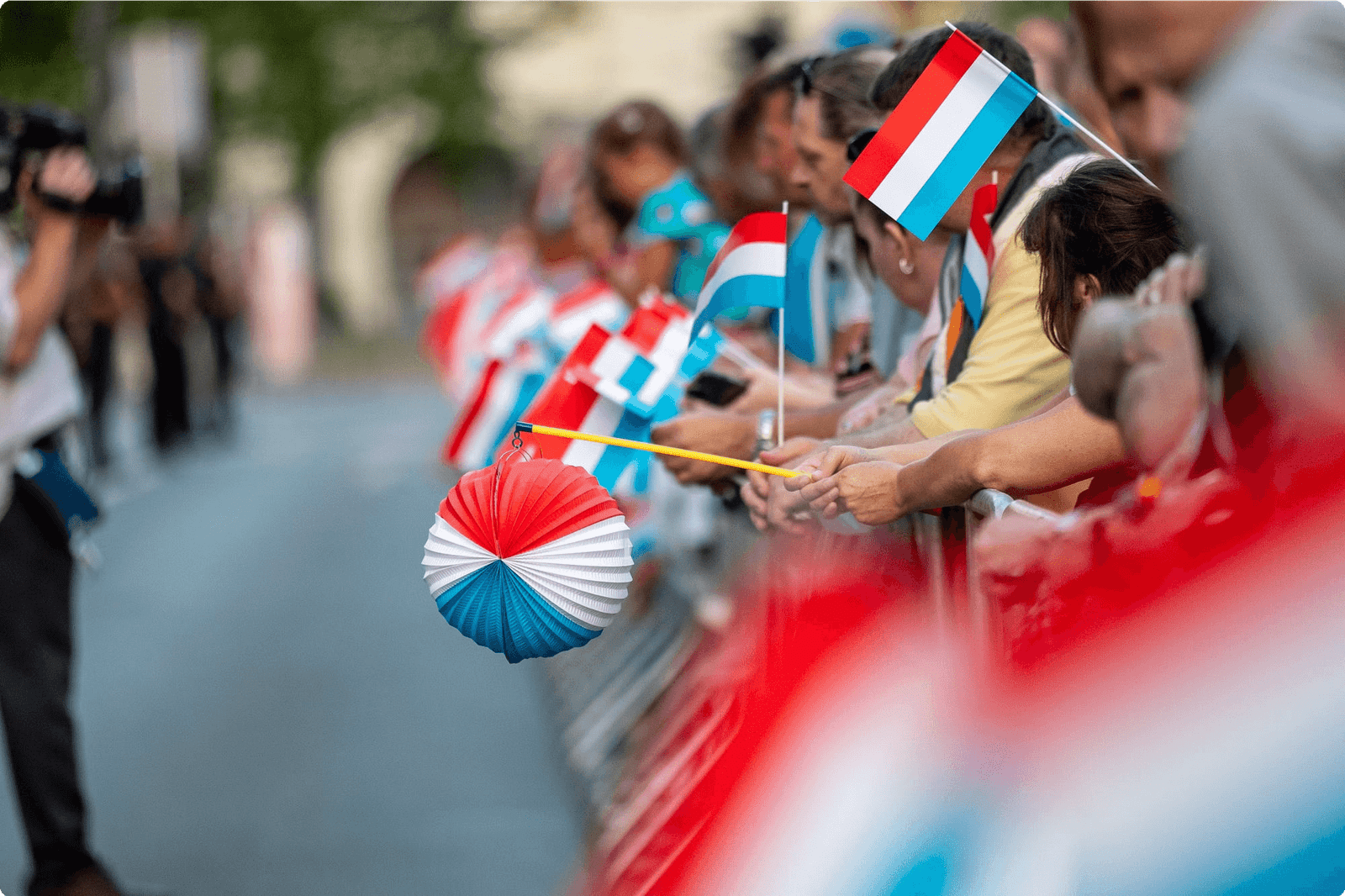
Schueberfouer Fair
The Schueberfouer is one of the largest funfairs in Europe and takes place in Luxembourg City. This exciting event, held annually from late August to early September, offers a wide range of thrilling rides, carnival games, delicious food stands, and live entertainment, attracting both locals and tourists.
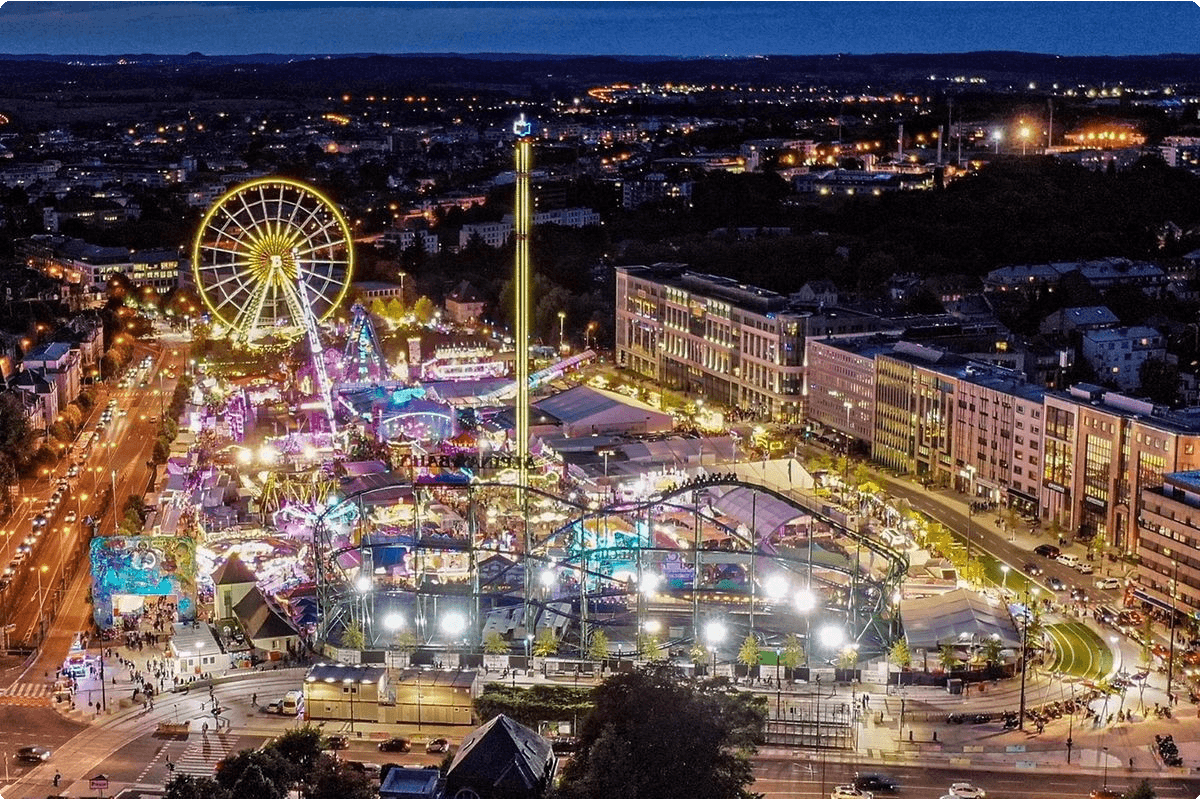
Echternach Dancing Procession
The Echternach Dancing Procession, a UNESCO Intangible Cultural Heritage event, is a unique and traditional dance procession held in the town of Echternach. It takes place on Whit Tuesday and features thousands of participants engaging in a ceremonial dance, preserving centuries-old customs and rituals.
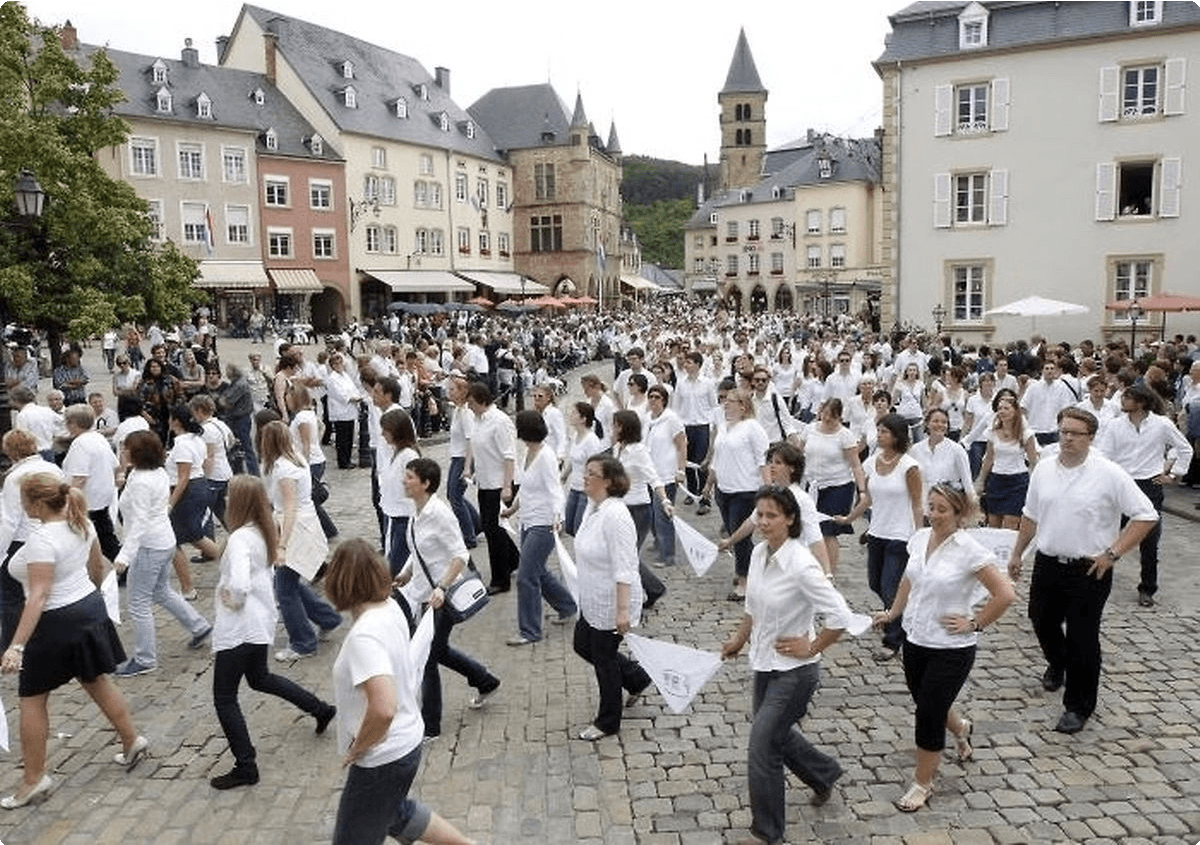
Sports in Luxembourg
Football (Soccer): Football is one of the most popular sports in Luxembourg, with a strong national team and a passionate fan base. Local clubs and leagues provide opportunities for both amateur and professional players to participate in the sport.
Cycling: The beautiful terrain and scenic routes make Luxembourg a haven for cycling enthusiasts. The country hosts various cycling events, and there are well-maintained cycling paths throughout the picturesque countryside.
Tennis: Tennis is widely enjoyed in Luxembourg, with many clubs offering facilities for players of all levels. The country has produced talented tennis players who have competed at the highest levels of the sport.
Transportation in Luxembourg
Public Transportation
Luxembourg boasts a highly efficient and modern public transportation system. The national railway company, CFL, provides extensive train services connecting major cities and towns. Additionally, the bus network covers even the most remote areas, making it easy to navigate the country without a car. The public transportation system is known for its punctuality and cleanliness, offering a convenient and eco- friendly way to travel.
Car Rentals and Taxis
For those desiring more flexibility in their travel, car rentals and taxis are readily available throughout Luxembourg. Renting a car allows visitors to explore the picturesque countryside and reach destinations off the beaten path. Taxis are another convenient option, particularly for shorter journeys within urban and suburban areas.
Cycling and Walking
With its well-maintained cycle paths and pedestrian-friendly streets, Luxembourg is incredibly bike and pedestrian-friendly. Many locals and visitors prefer to explore the charming villages and scenic countryside by cycling or walking, offering a leisurely and environmentally friendly alternative to traditional transportation methods.
Accommodation Options in Luxembourg
Luxury Hotels
In Luxembourg, visitors can indulge in luxurious accommodations at 5-star hotels offering top-notch amenities and world-class service. These hotels are located in prime areas, providing stunning views and easy access to the city’s attractions. Guests can enjoy elegant rooms, Michelin-starred dining experiences, spa facilities, and personalized concierge services.
Boutique Guesthouses
For a cozy and intimate stay, boutique guesthouses offer a charming and personalized experience. Nestled in historic districts and picturesque neighborhoods, these guesthouses provide unique decor, personalized service, and a homely atmosphere. Guests can enjoy locally sourced breakfast, comfortable lounges, and personalized recommendations for exploring the city.
Rural Farm Stays
For a glimpse into Luxembourg’s countryside, rural farm stays offer a tranquil retreat surrounded by nature. Visitors can stay in traditional farmhouses, engage in farm activities, and savor farm-to-table meals prepared with fresh, local ingredients. These accommodations provide a peaceful escape while offering opportunities for outdoor activities such as hiking and cycling.
Historic Castles
History enthusiasts can immerse themselves in the past by staying at historic castles converted into charming hotels. These accommodations offer an enchanting blend of medieval charm and modern comfort. Guests can explore the castle grounds, enjoy fine dining in grand halls, and experience the allure of living in a centuries-old architectural masterpiece.
Local customs and traditions in Luxembourg
Luxembourgish Language: The primary language spoken in Luxembourg is Lëtzebuergesch, also known as Luxembourgish. It is a unique blend of Germanic and Romance languages, reflecting the country’s rich cultural heritage.
Religious Festivals: Luxembourg celebrates religious festivals with great fervor, including Christmas, Easter, and Pentecost. These festivals often feature traditional music, food, and customs that bring the community together.
National Day: On June 23rd, Luxembourg celebrates its National Day with grand parades, fireworks, and cultural events. It commemorates the official birthday of the Grand Duke determined by two of the country’s previous sovereigns. The entire nation comes together to honor their history and heritage.
Traditional Clothing: The traditional attire of Luxembourg includes the Dirndl and the Tracht, which are often worn during folk festivals and special occasions. These garments are adorned with intricate embroidery and signify the country’s folklore and traditions.
Culinary Traditions: The cuisine of Luxembourg is heavily influenced by French, German, and Belgian flavors, featuring dishes like Judd mat Gaardebounen (smoked collar of pork with broad beans) and Gromperekichelcher (potato fritters). These dishes are an integral part of the local customs and celebrations.
Language Spoken in Luxembourg
Luxembourg is a multilingual country with three official languages: Luxembourgish, French, and German. The most widely spoken language is Luxembourgish, which is a Germanic language and an integral part of the country’s culture and identity. French is commonly used in administrative and official matters, while German is also widely spoken and taught in schools. In addition to the official languages, English is also widely spoken, especially in the business and expat communities.
The multilingual nature of Luxembourg reflects its rich cultural diversity and enables residents and visitors to communicate effectively in various languages. This linguistic diversity also contributes to the vibrant and inclusive atmosphere of the country, making it an attractive destination for individuals from different linguistic backgrounds.
Weather in Luxembourg
Luxembourg experiences a mild continental climate with warm summers and cold winters. The average temperature in the summer months ranges from 16°C to 25°C, making it a pleasant time to explore the picturesque landscapes and outdoor activities. In contrast, the winter months see temperatures drop to an average of 0°C, providing opportunities for snow-related sports and activities. Rainfall is evenly distributed throughout the year, with occasional snowfall during the winter. The best time to visit Luxembourg is during the spring and summer months when the weather is ideal for sightseeing and enjoying outdoor events.
The weather in Luxembourg is influenced by its geographical location and is characterized by changing seasons, offering diverse experiences for travelers throughout the year. Visitors can enjoy the blooming flowers and vibrant greenery in the spring, the warm and sunny days of summer, the colorful foliage in the fall, and the winter wonderland during the colder months.
Safety and Security in Luxembourg
Low Crime Rate
Luxembourg is known for its low crime rate, making it a safe destination for travelers. The country’s strict legal system and efficient law enforcement contribute to the overall safety and security of the nation.
Tourists can explore the streets and attractions with peace of mind.
Safe Public Transportation
The public transportation system in Luxembourg is well-maintained and safe. Whether using the trains or buses, travelers can easily navigate the country without feeling vulnerable. Visitors can rely on the efficient and secure public transport network to get around.
Stable Political Environment
Luxembourg has a stable political climate, adding to the overall safety of the country. The government’s commitment to maintaining peace and security ensures a tranquil environment for both residents and tourists. Visitors can expect a pleasant and secure experience during their stay.
Tips for Traveling to Luxembourg
Traveling to Luxembourg offers a unique experience, combining rich history, stunning architecture, and picturesque landscapes. When visiting, it’s essential to embrace the local culture and traditions. The official language is Luxembourgish, but many Luxembourg residents are multilingual, with English widely spoken. It’s recommended to learn a few basic phrases in Luxembourgish to show respect for the local customs.
Luxembourg has a temperate maritime climate, with mild summers and cool winters. It’s advisable to pack layers for fluctuating weather, especially if you plan to explore natural landmarks and parks. In terms of safety, Luxembourg is considered a very secure destination, with low crime rates and excellent healthcare facilities. Still, travelers should remain vigilant and take normal precautions to ensure a safe and enjoyable trip.
For transportation, the country’s public transport network is efficient and well-maintained, making it easy to navigate between cities and attractions. When it comes to accommodation, Luxembourg offers a range of options, from luxurious hotels to cozy guesthouses and charming bed and breakfasts. It’s recommended to book in advance, especially during peak tourist seasons, to secure the best choices.
Finally, to truly appreciate the beauty of Luxembourg, explore the local cuisine, from traditional hearty dishes to gourmet culinary experiences. Be sure to try the iconic Judd mat Gaardebounen (smoked pork neck with broad beans) and Riesling wine for an authentic taste of Luxembourg’s gastronomic delights.
Conclusion and Key Takeaways
As we conclude our exploration of Luxembourg, it’s important to reflect on the key takeaways from this rich and diverse country. From its fascinating culture and traditions to its breathtaking natural landmarks, Luxembourg offers a unique blend of history, beauty, and modernity.
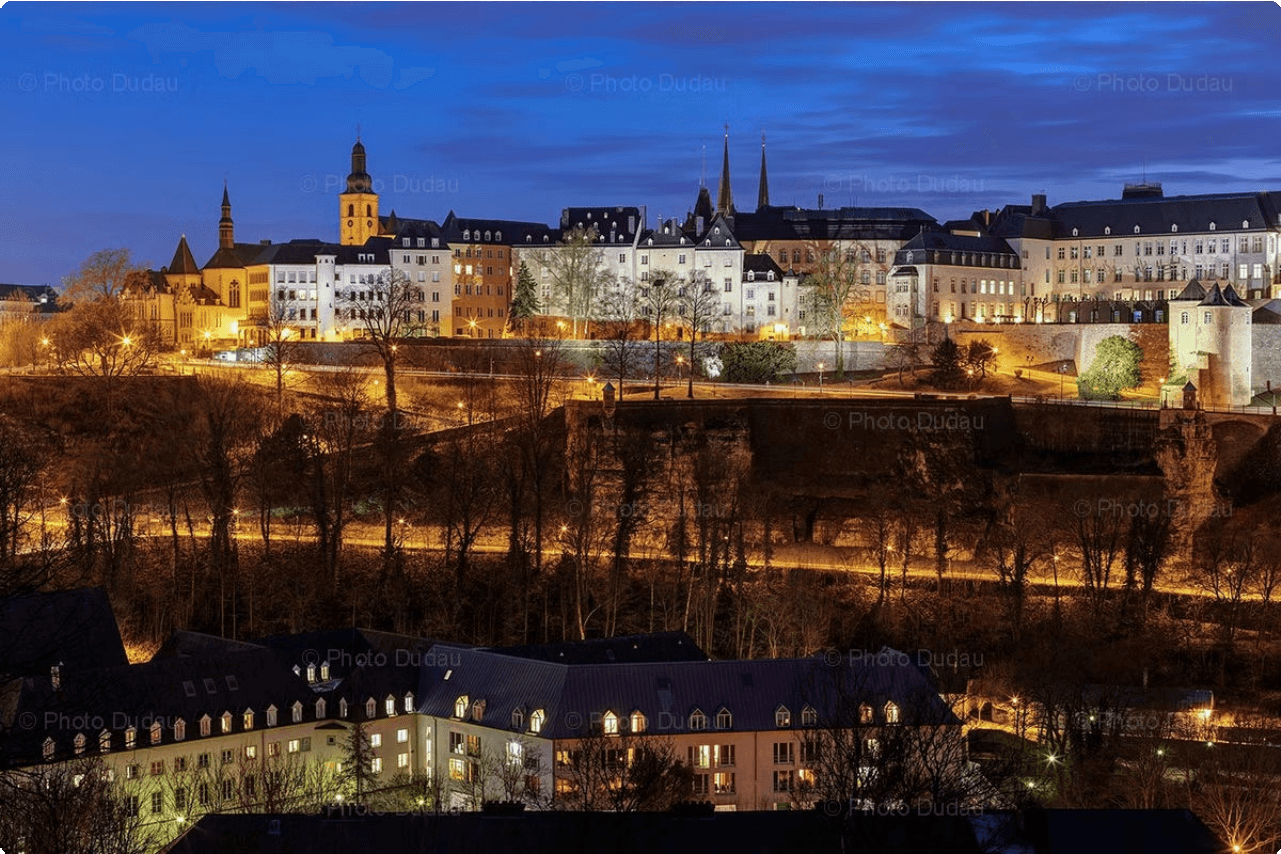
Visitors can expect to immerse themselves in vibrant festivals, indulge in delicious traditional foods, and be amazed by the country’s architectural wonders. Whether it’s the welcoming locals, the captivating museums, or the stunning parks and gardens, a trip to Luxembourg is sure to leave a lasting impression.